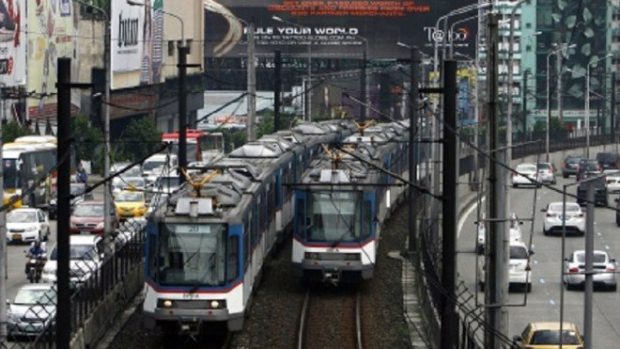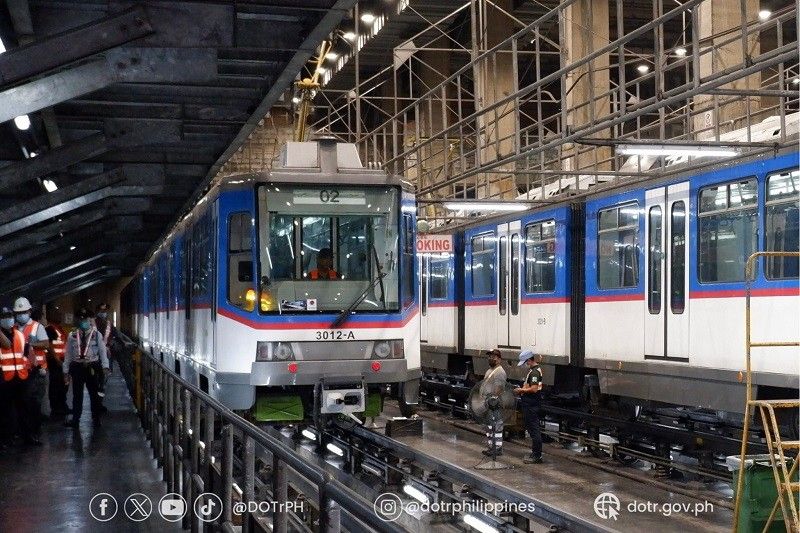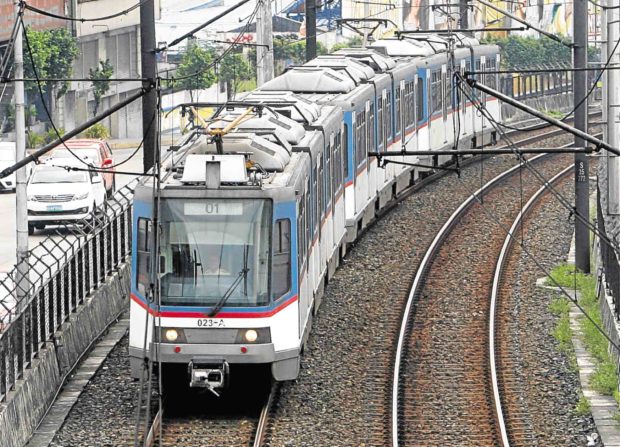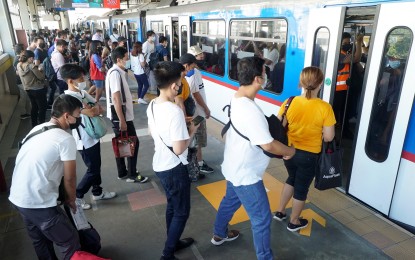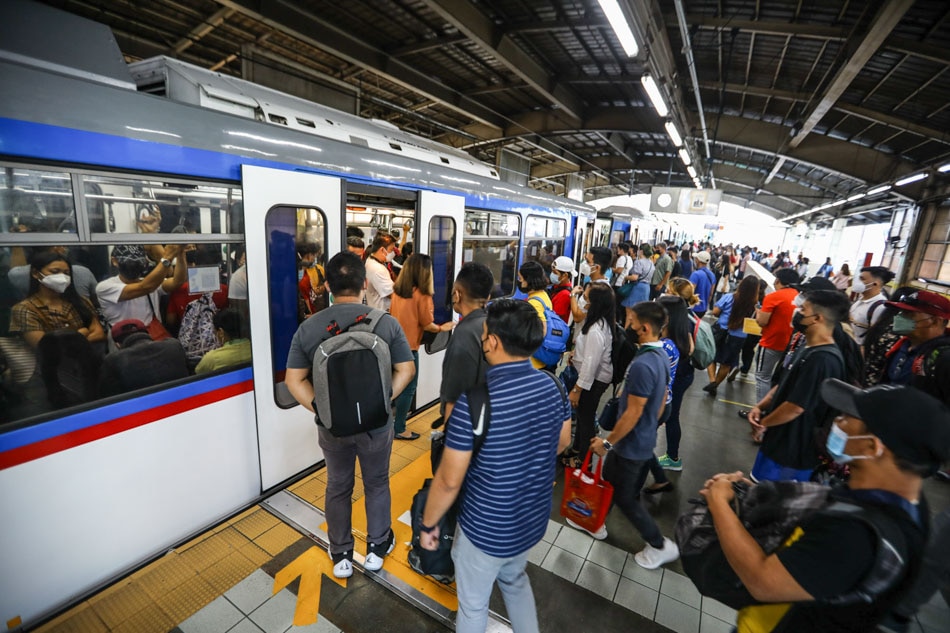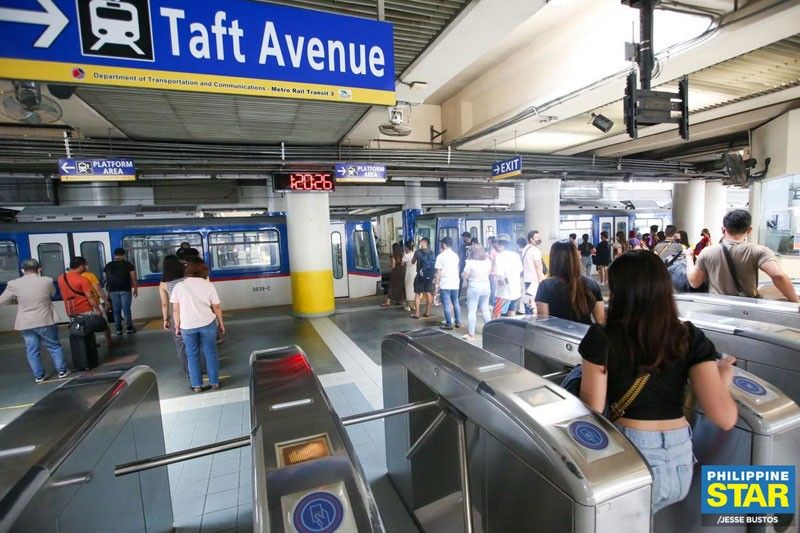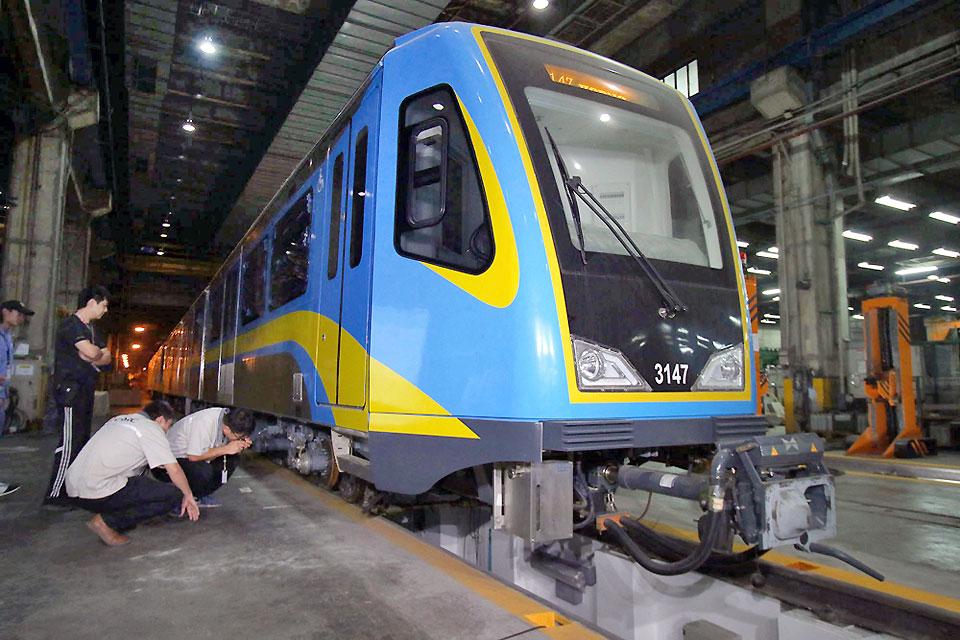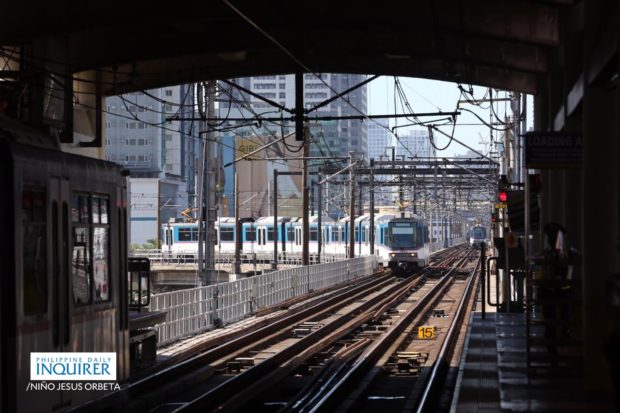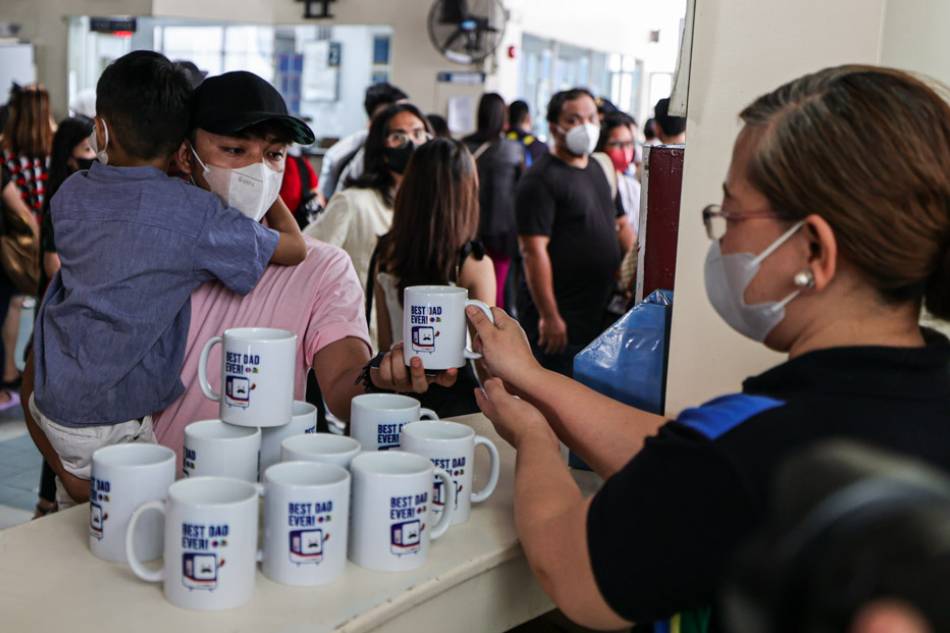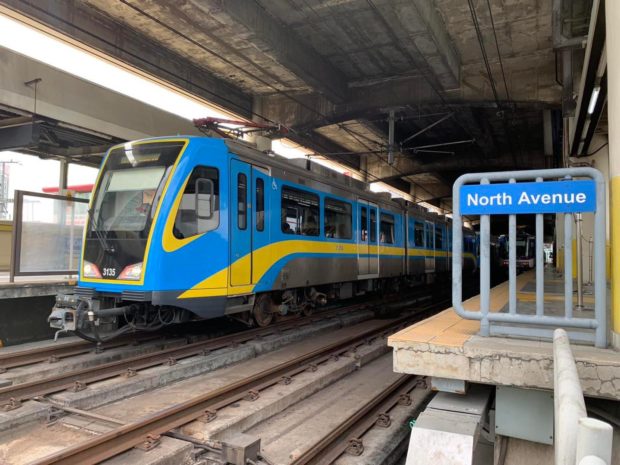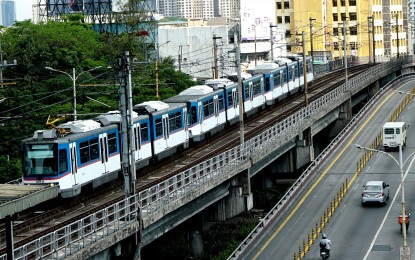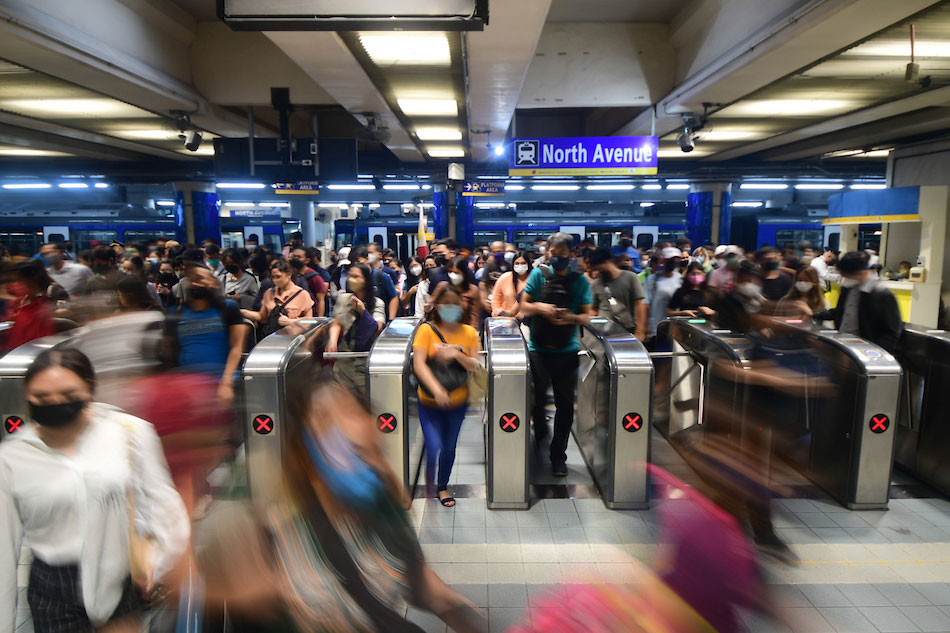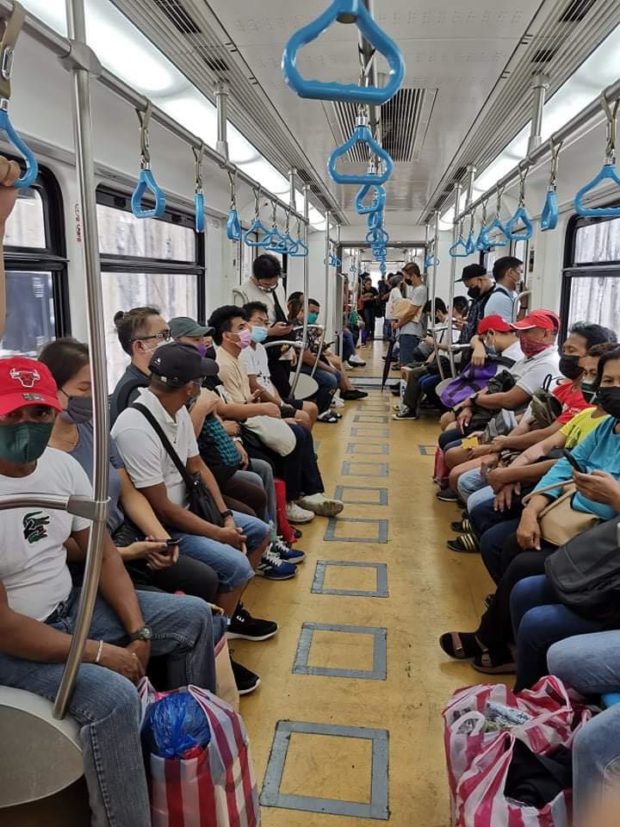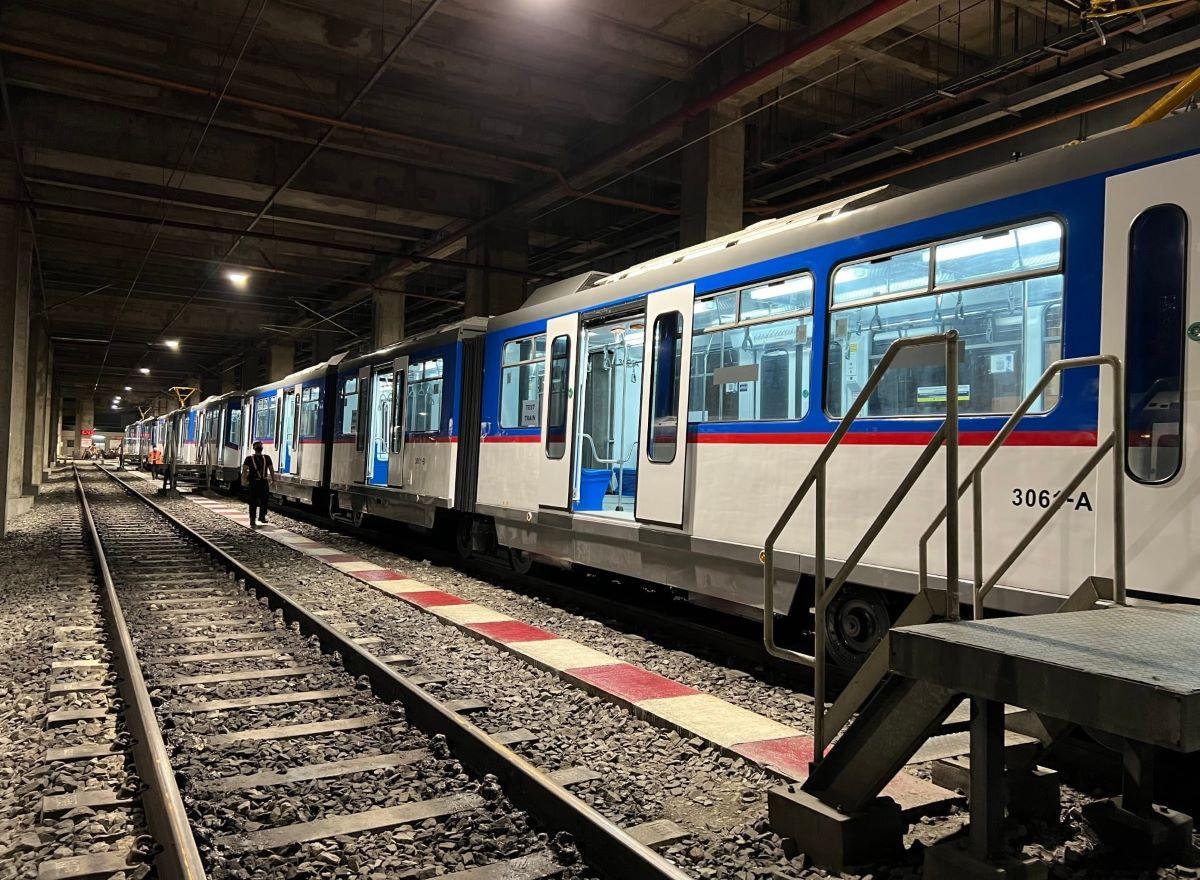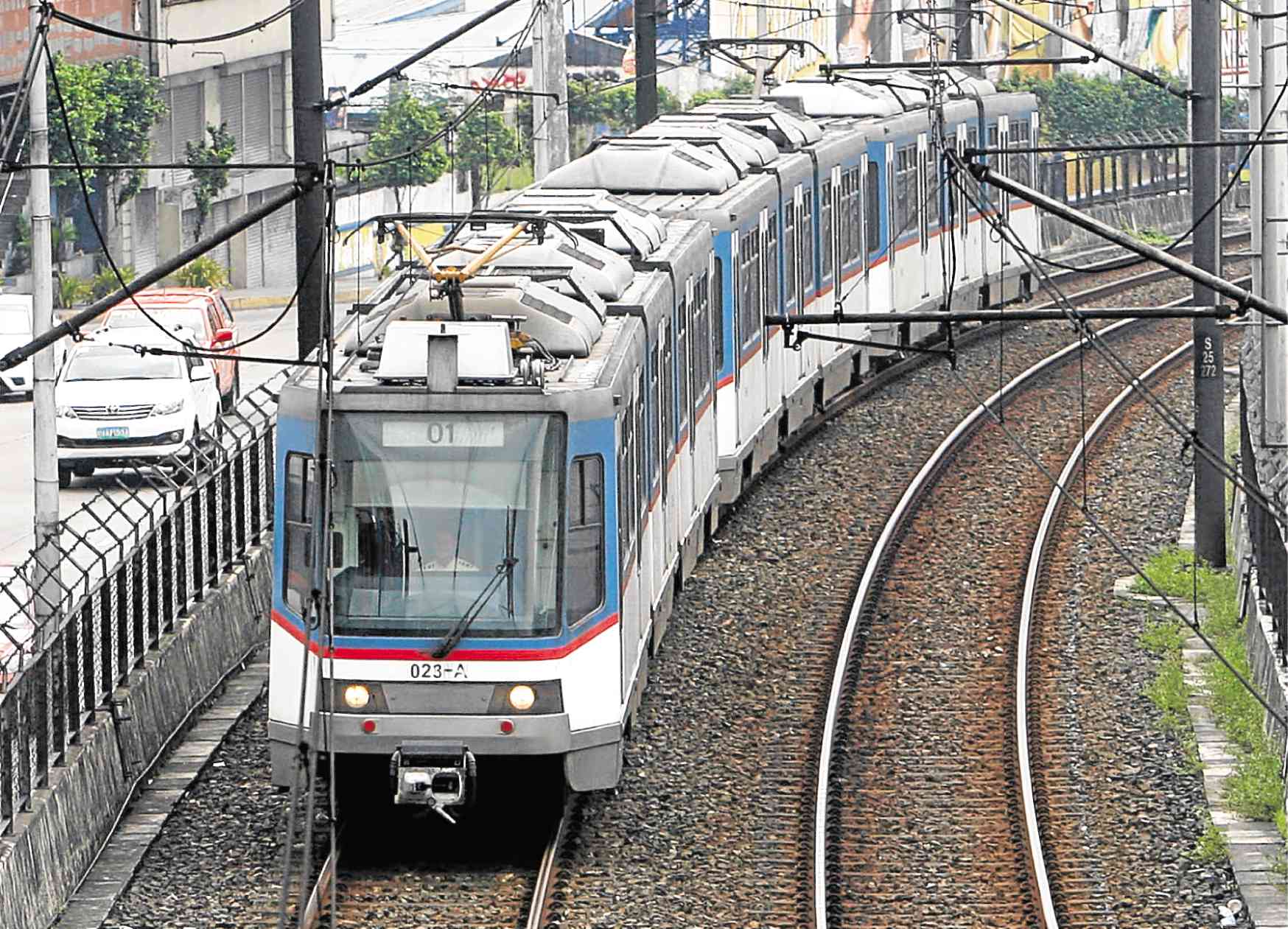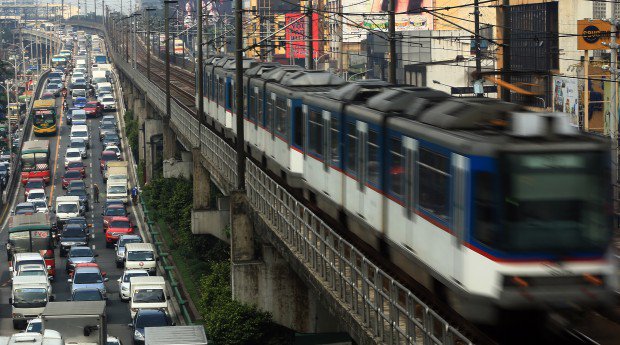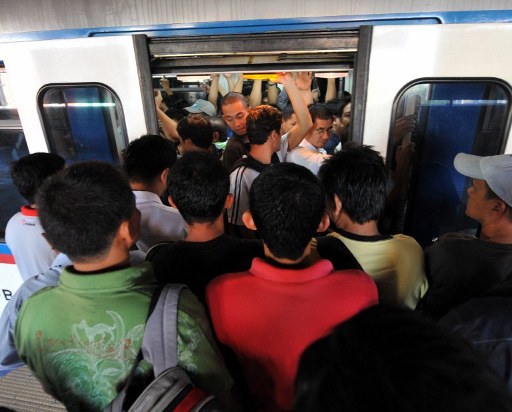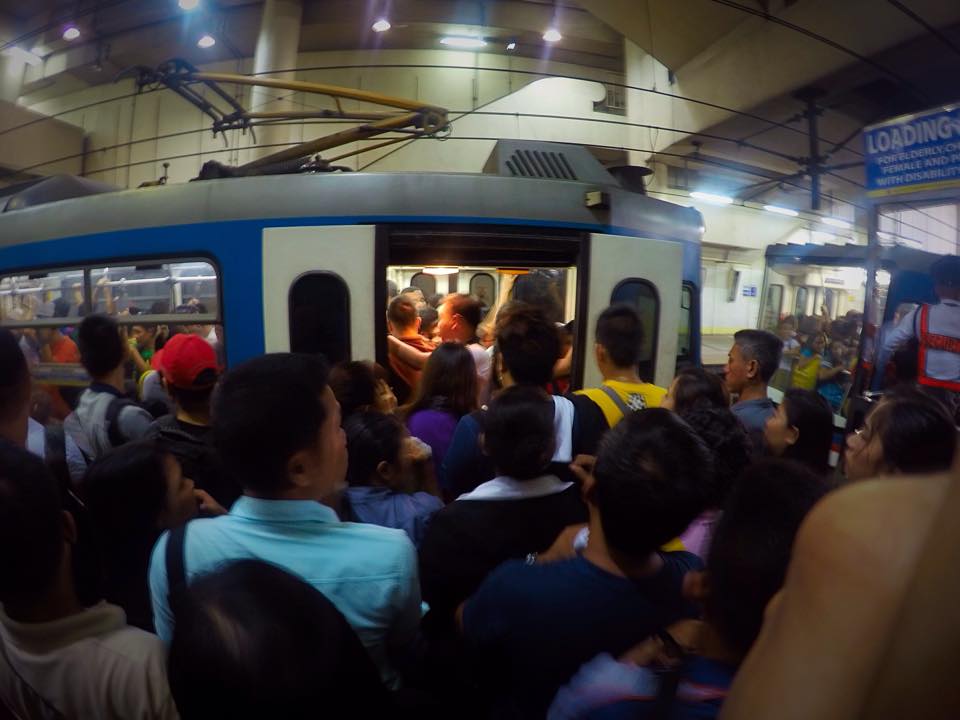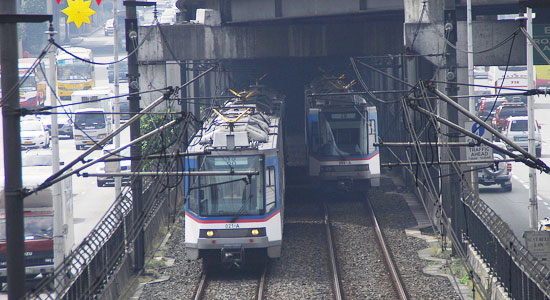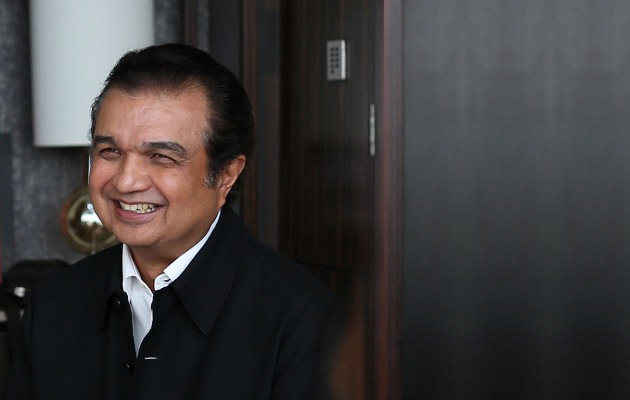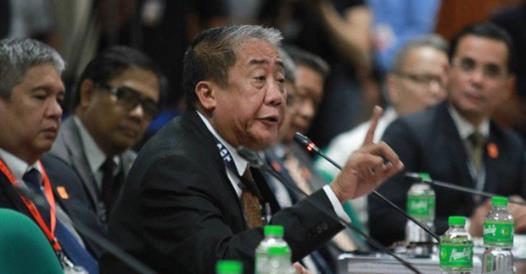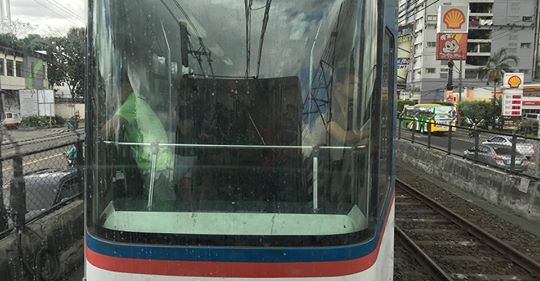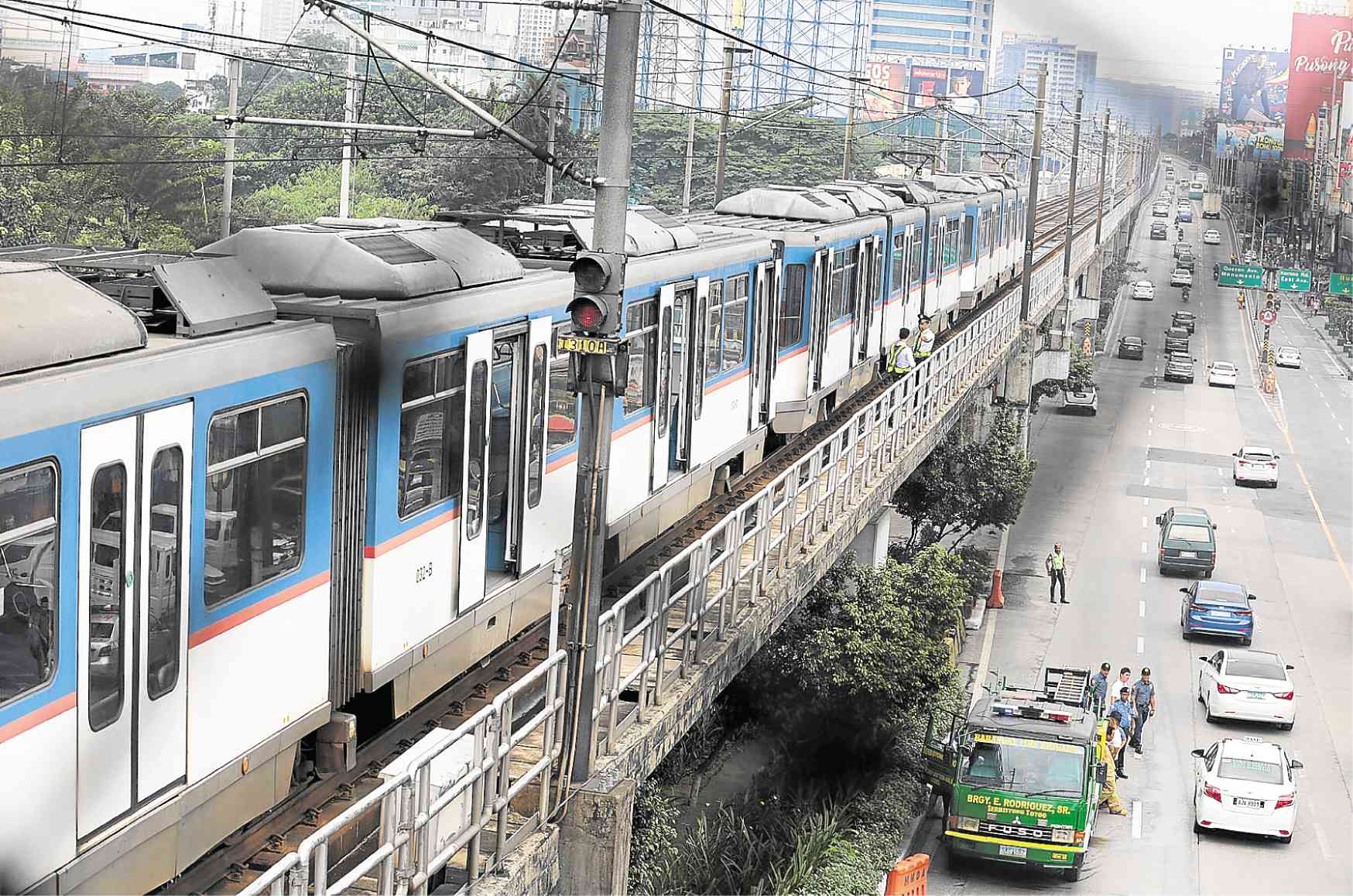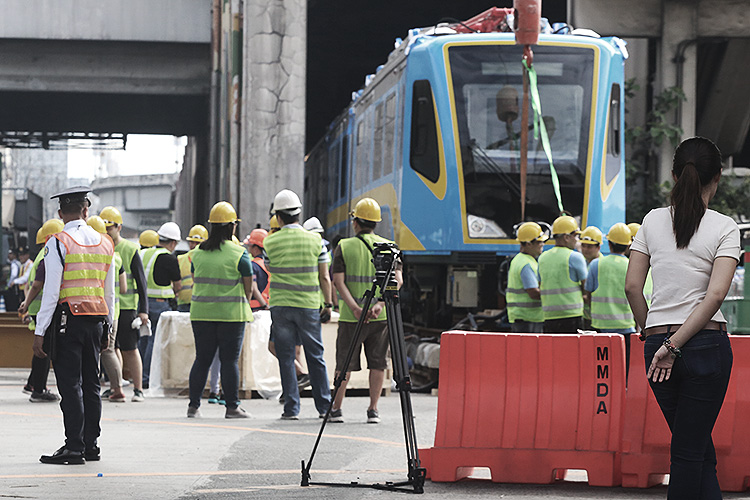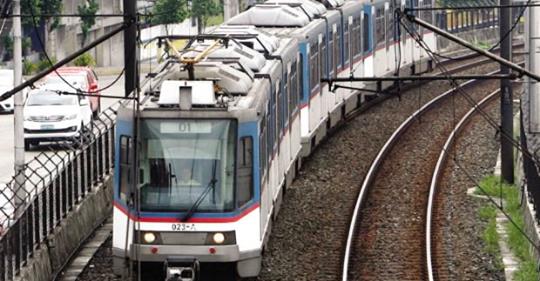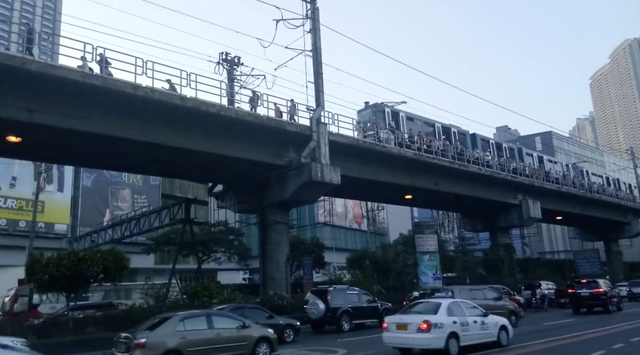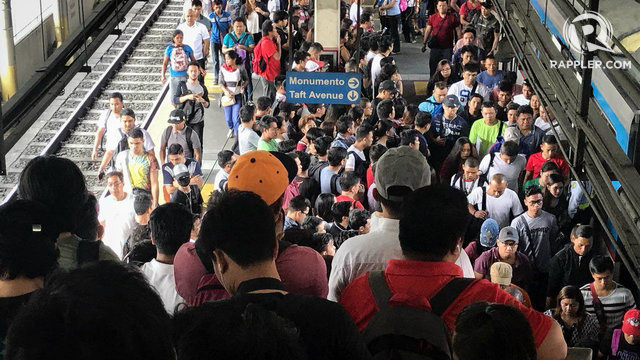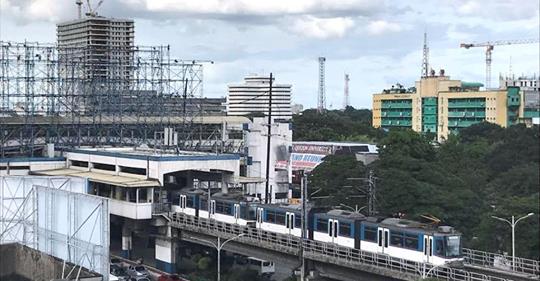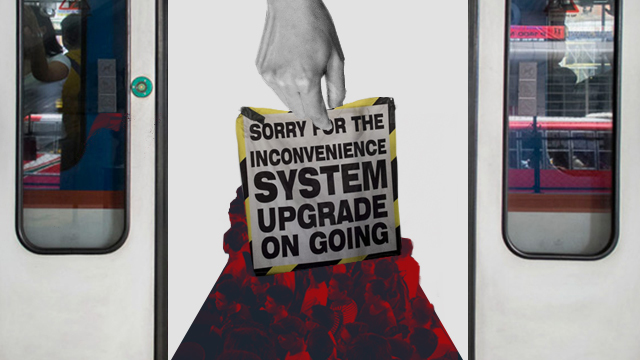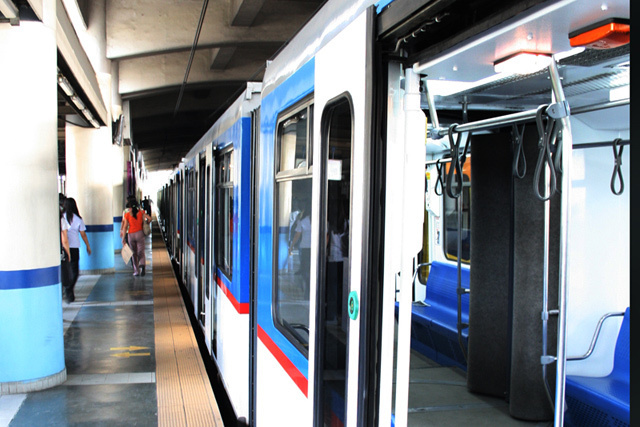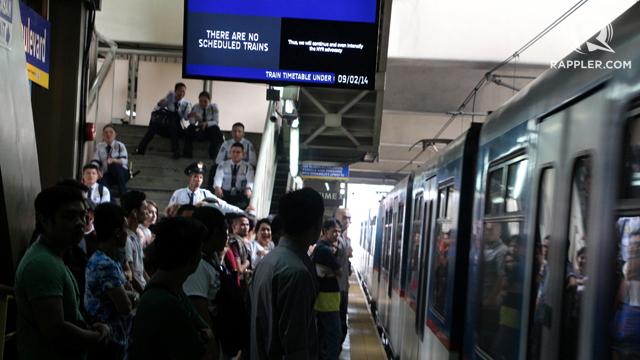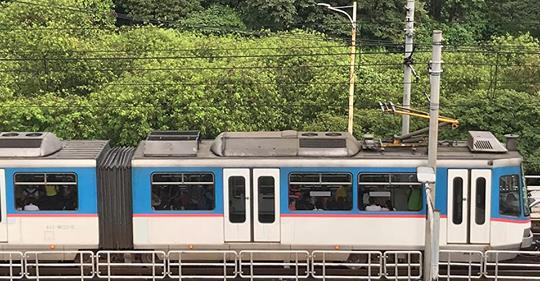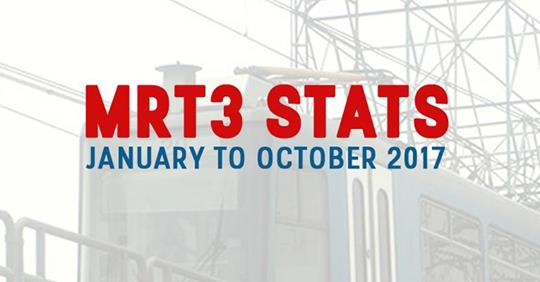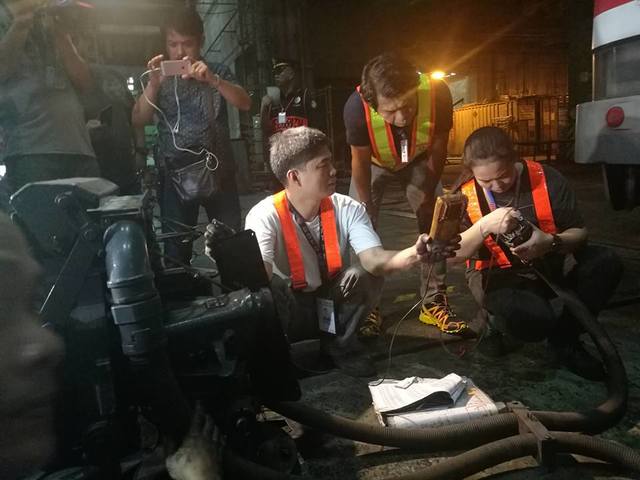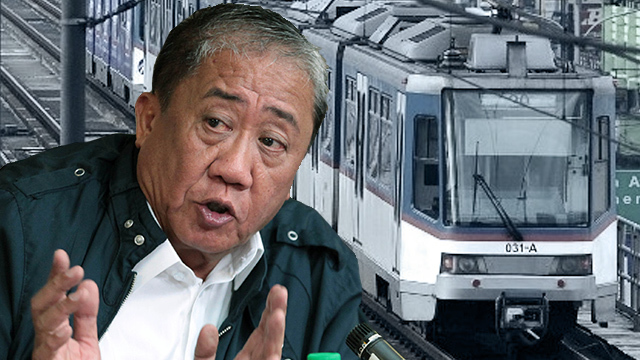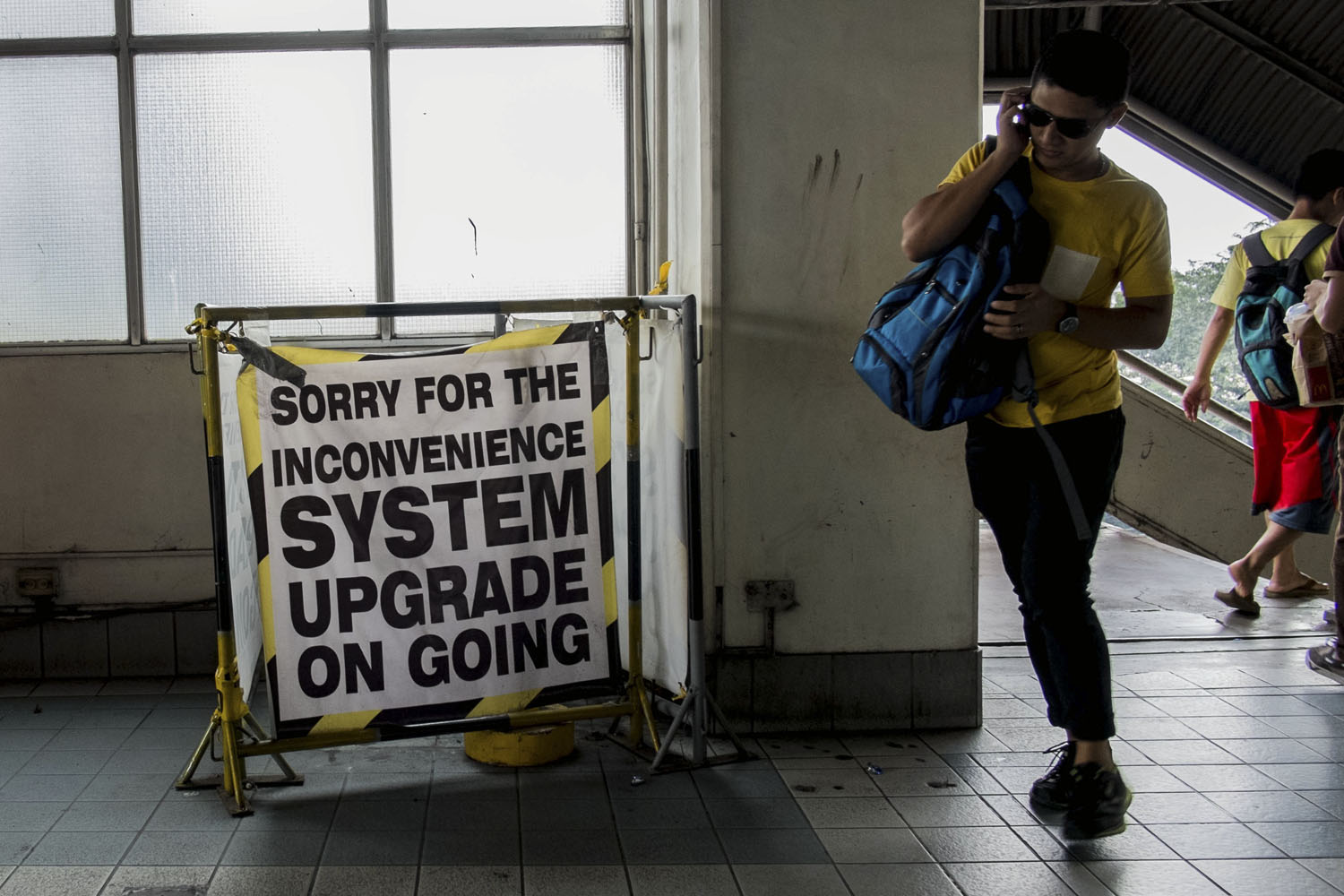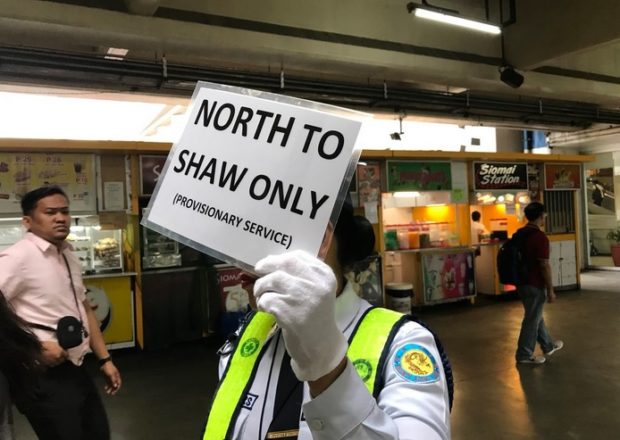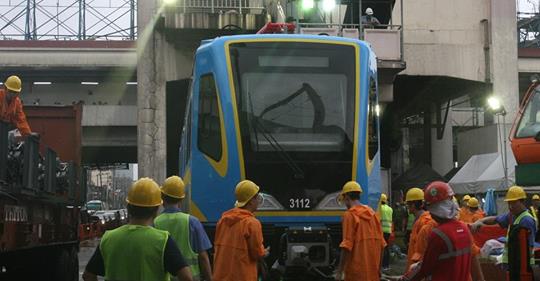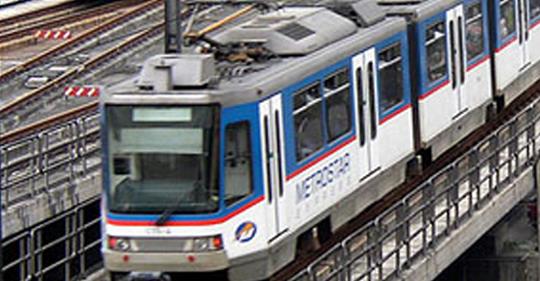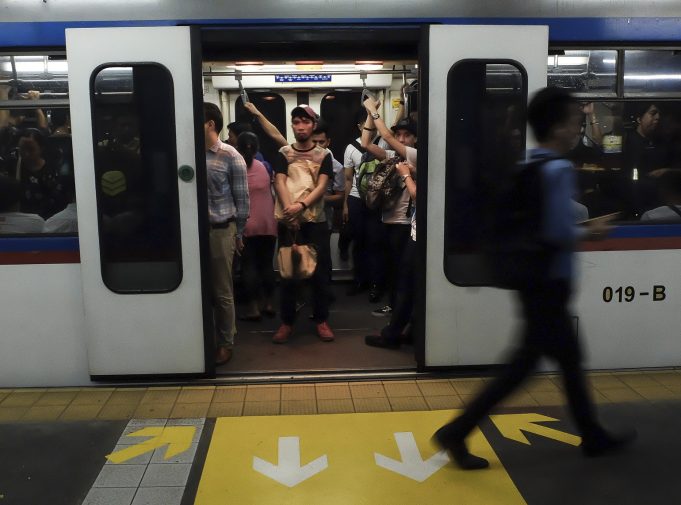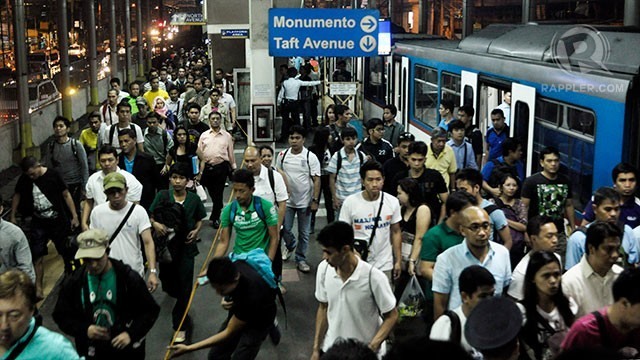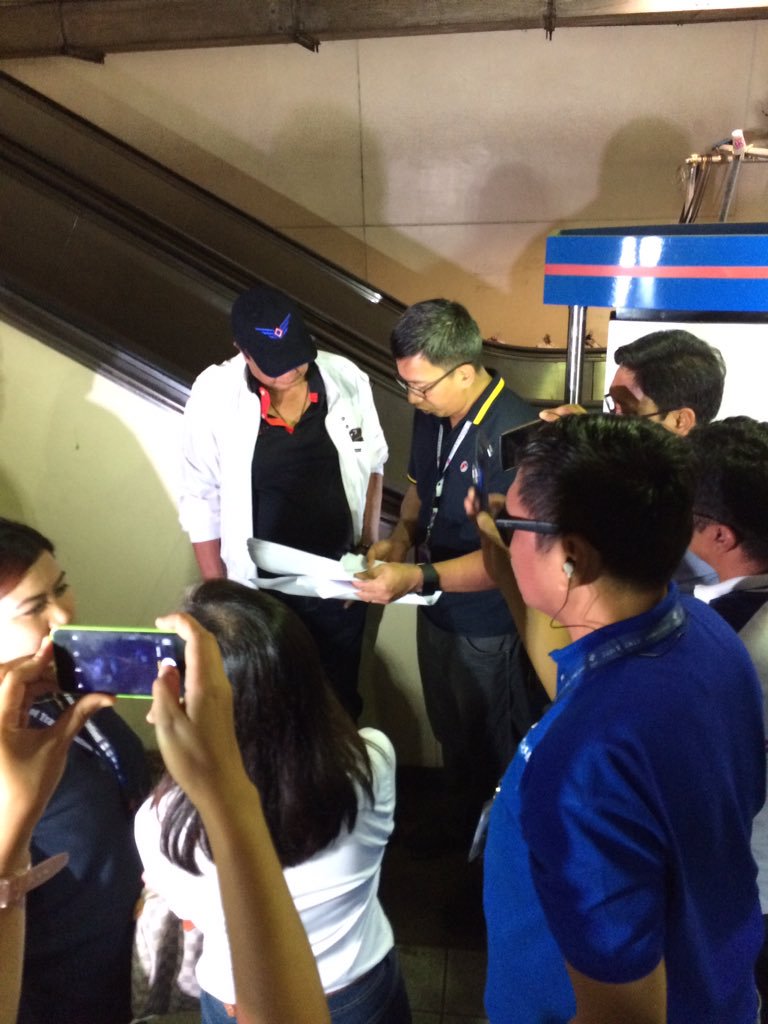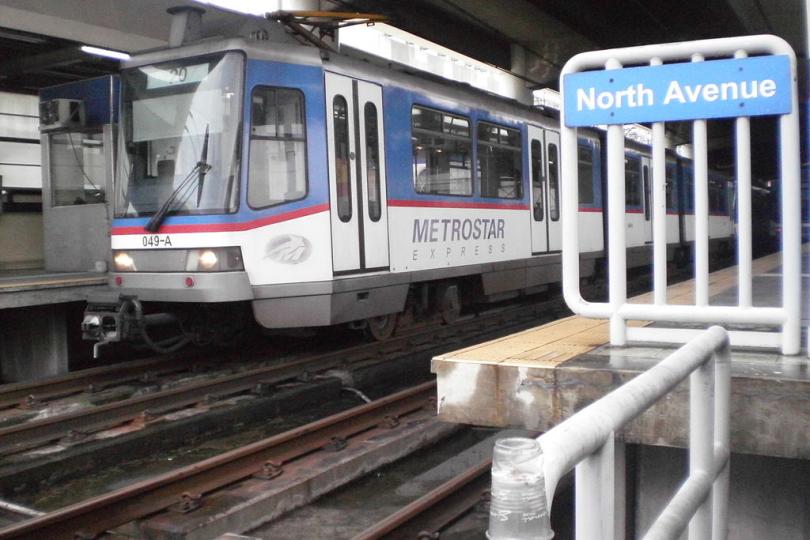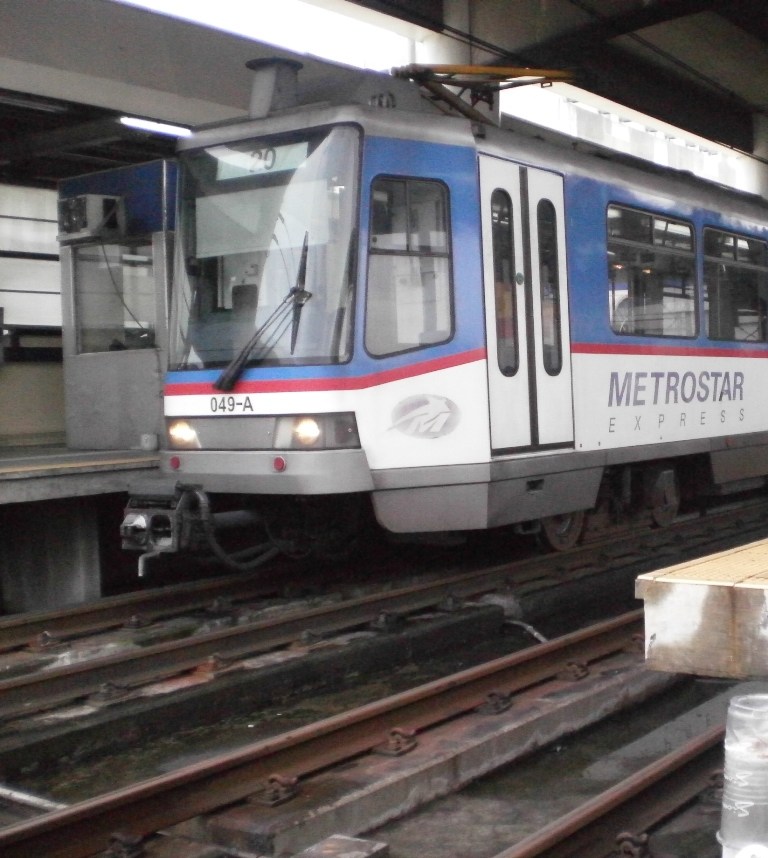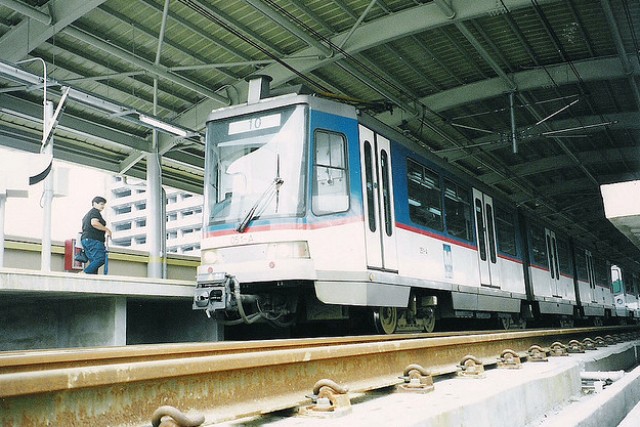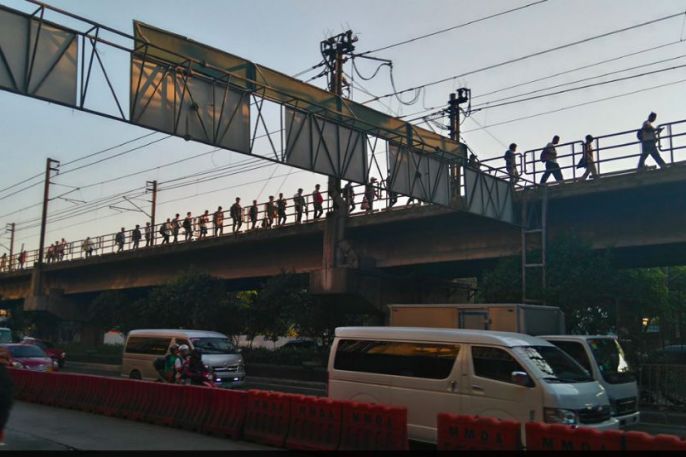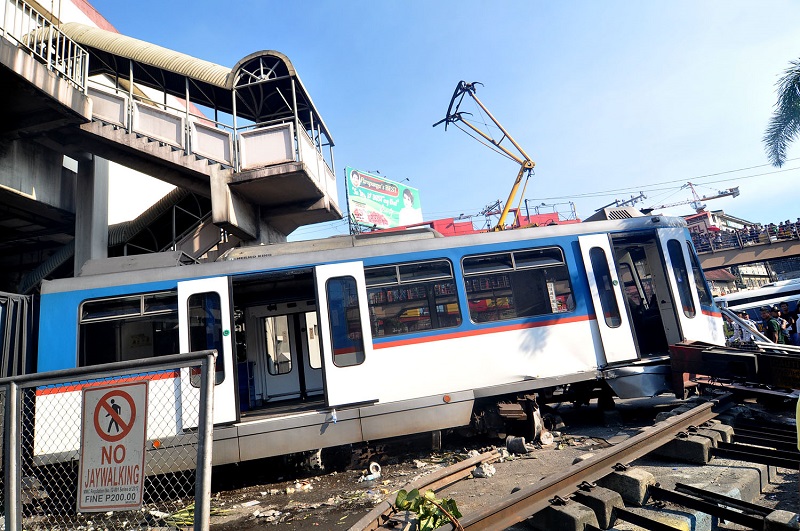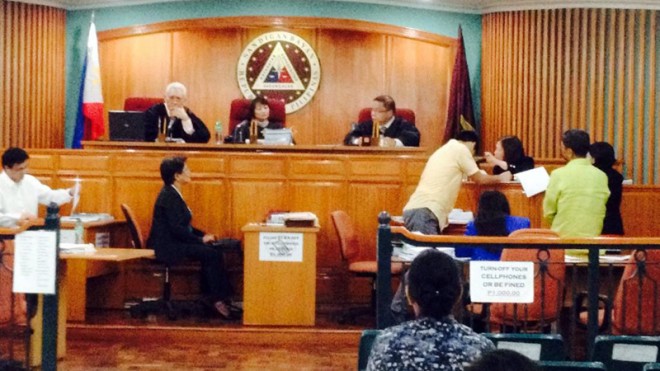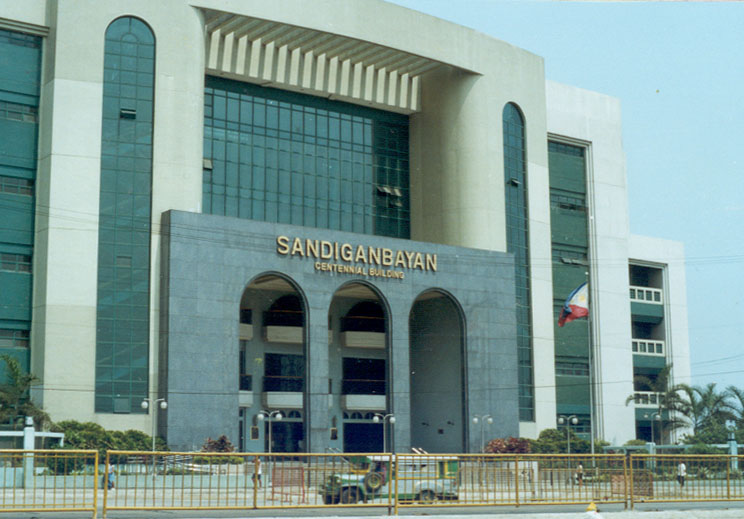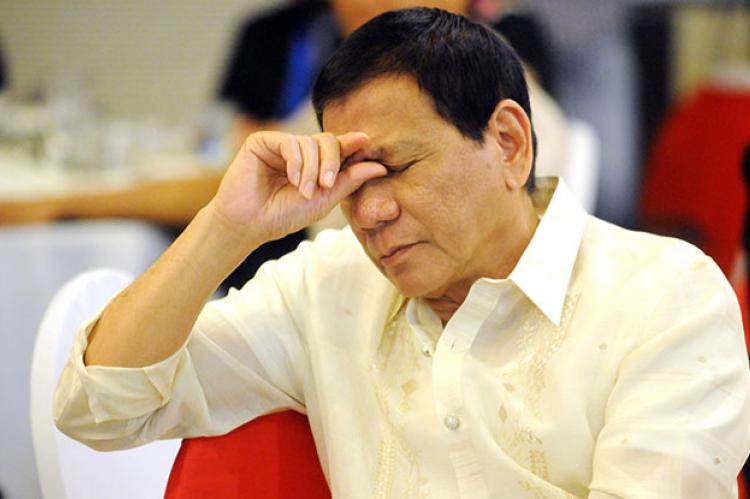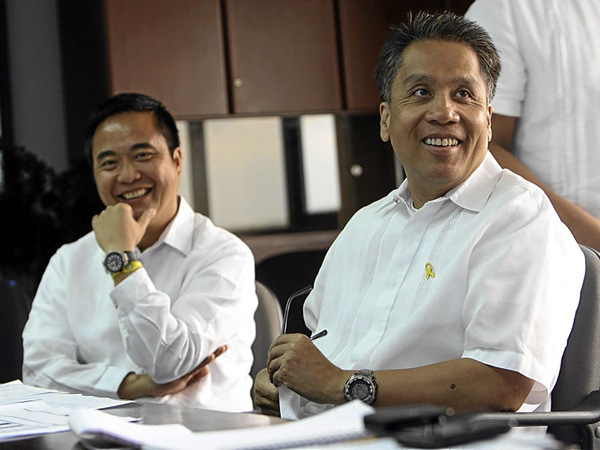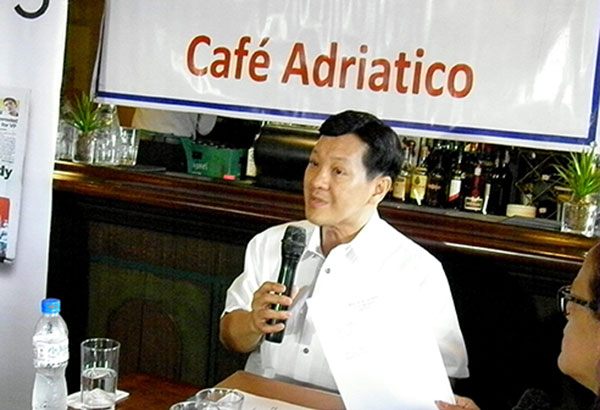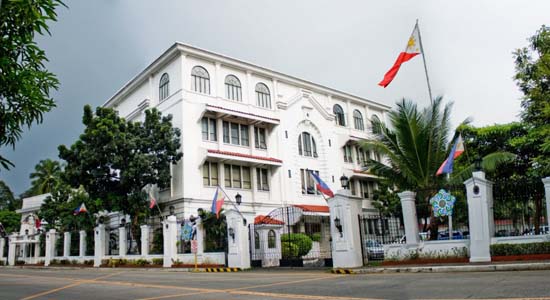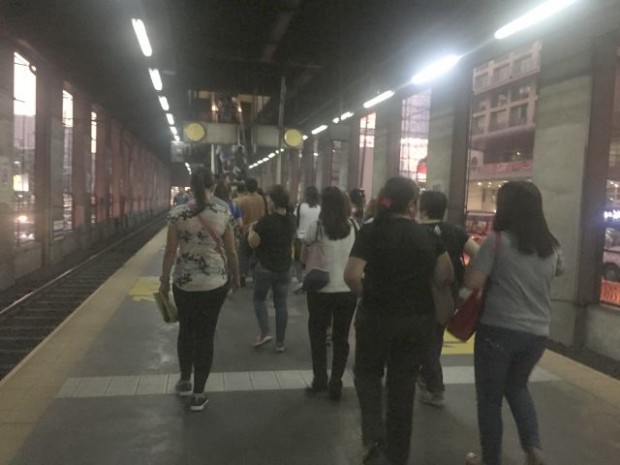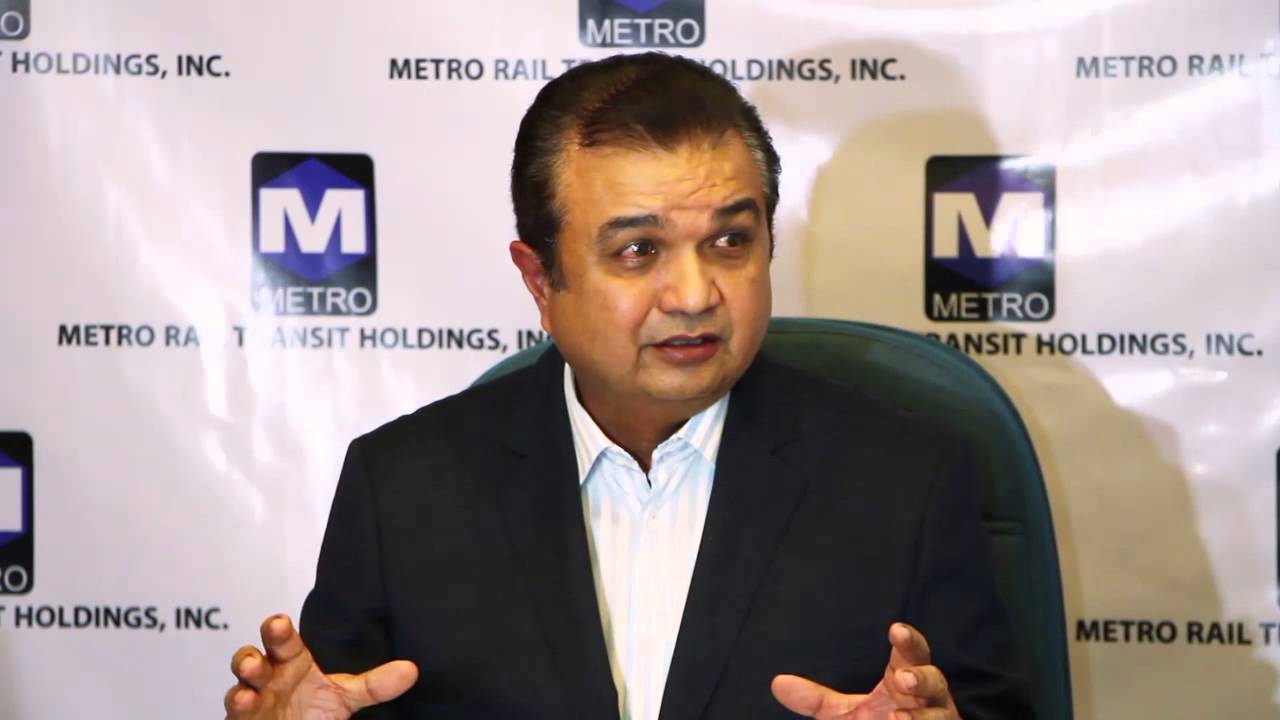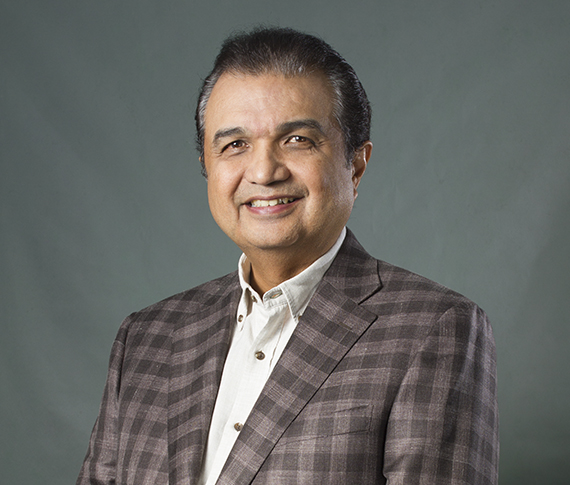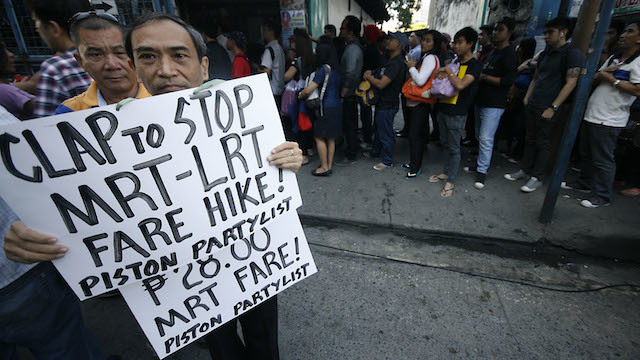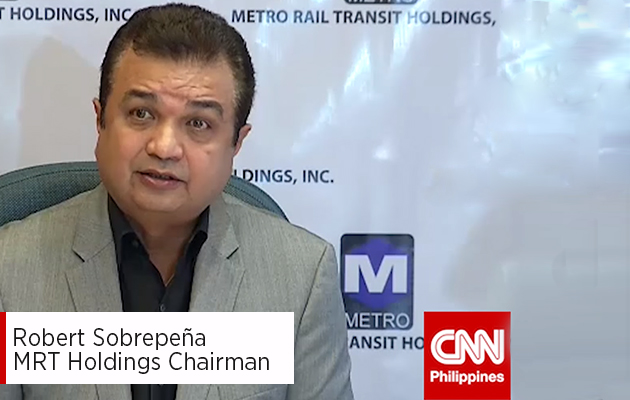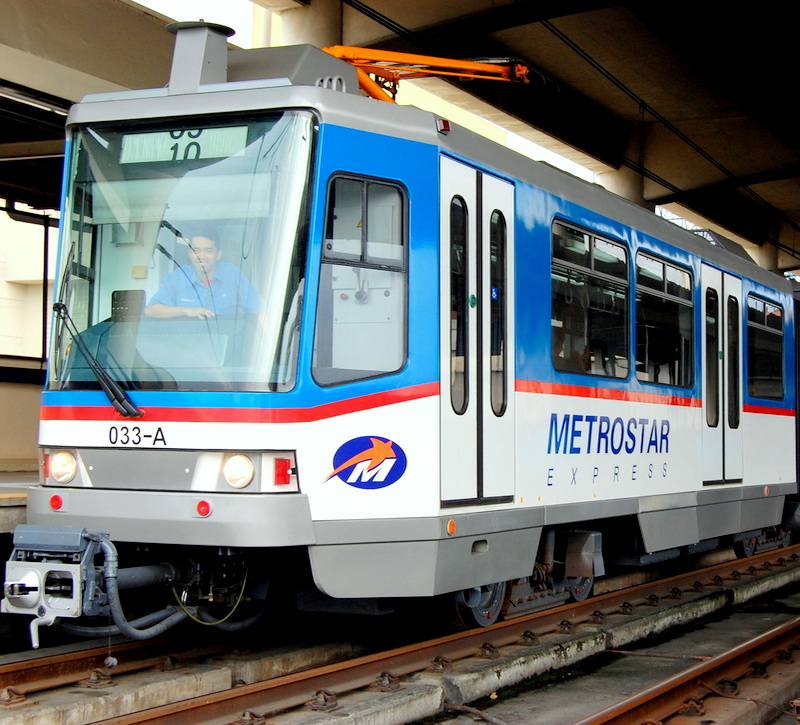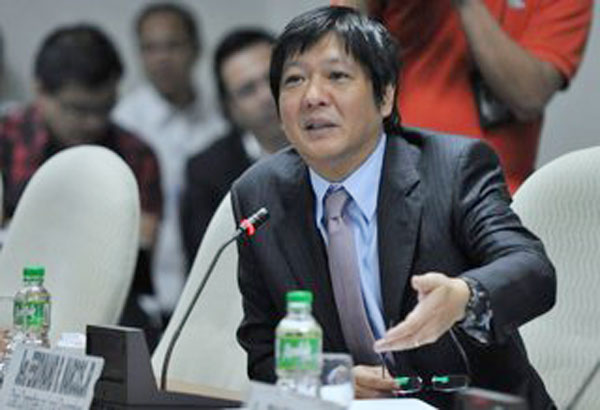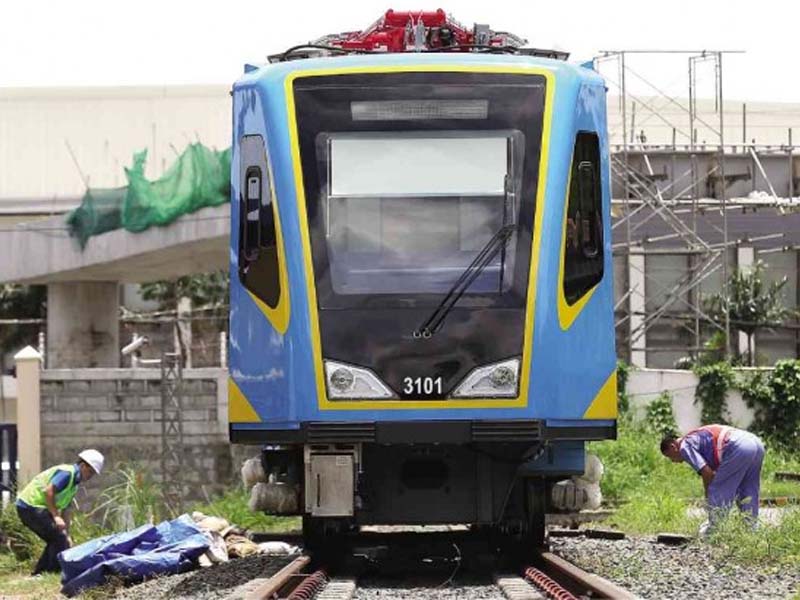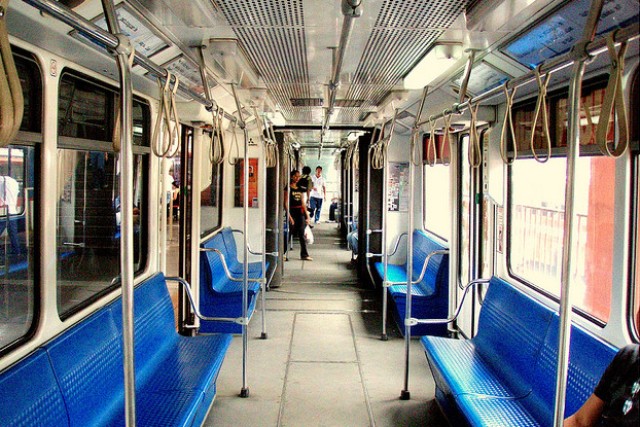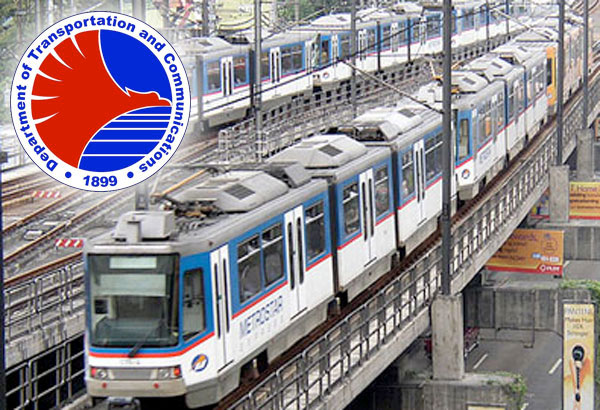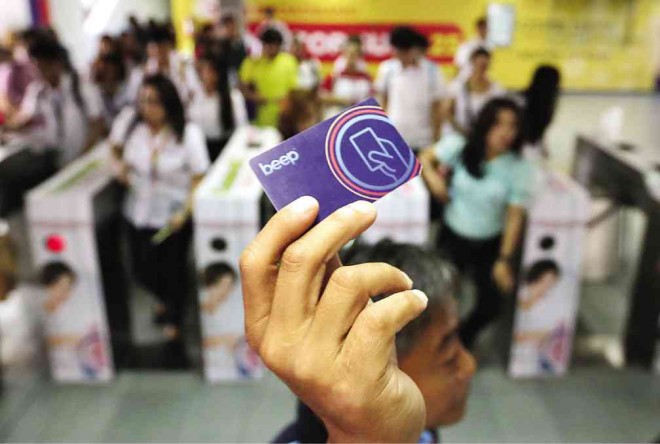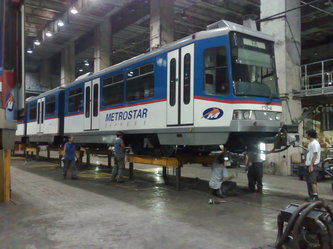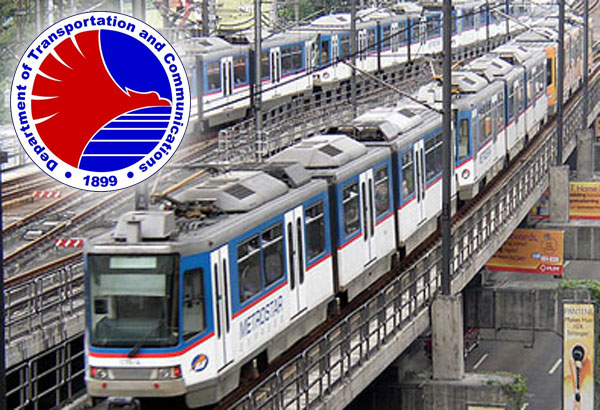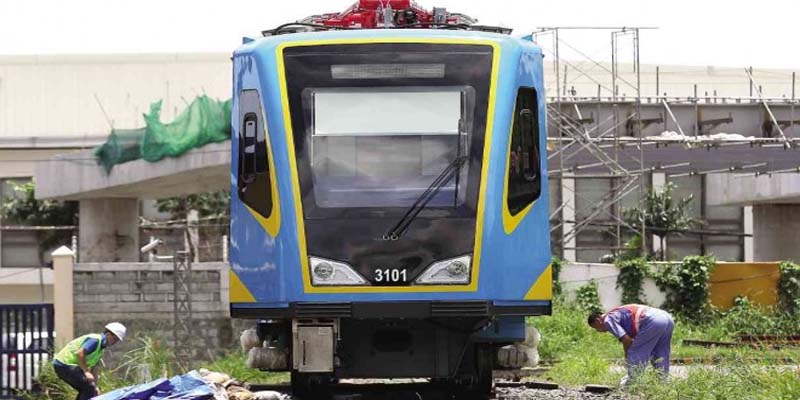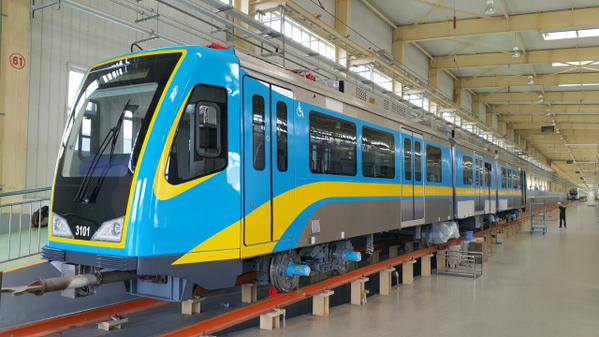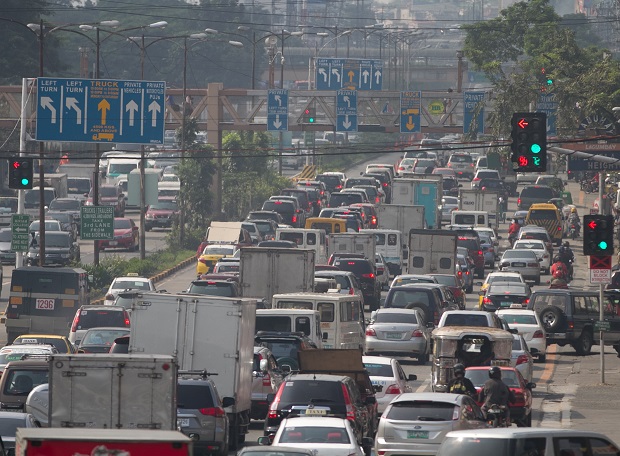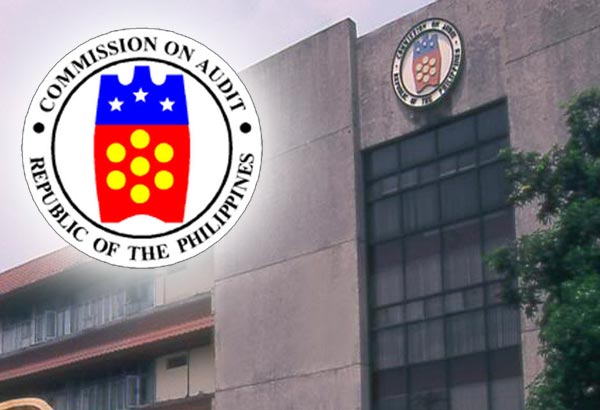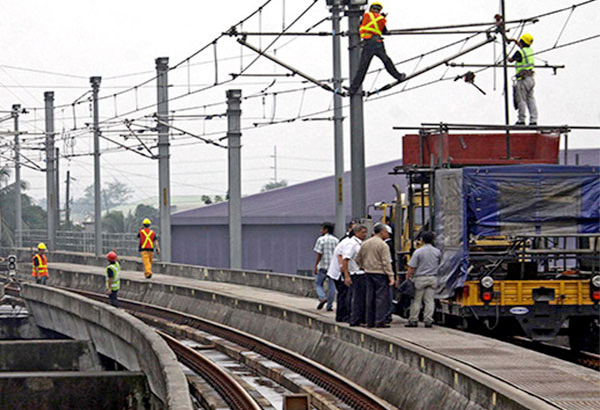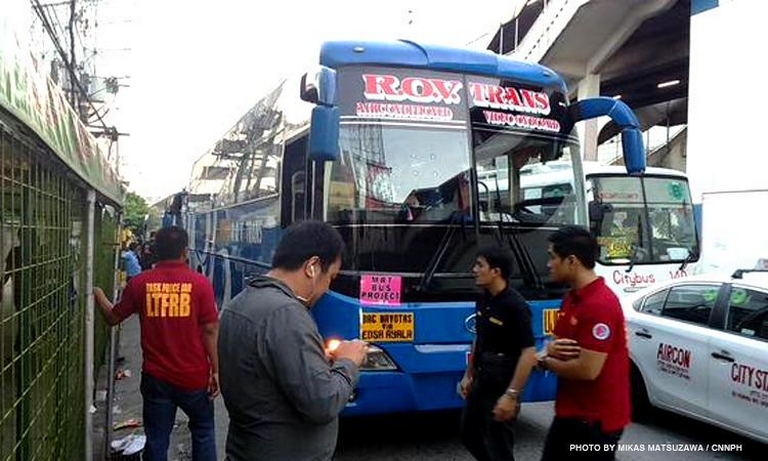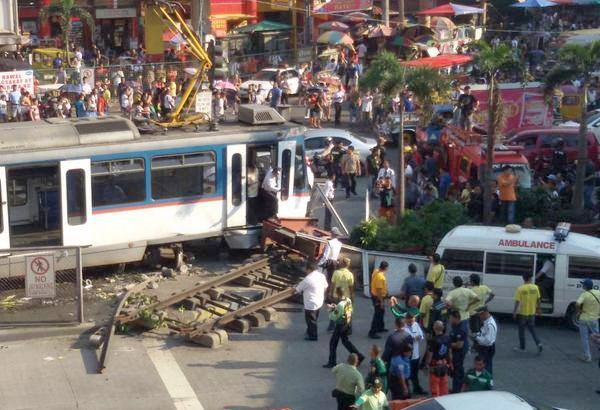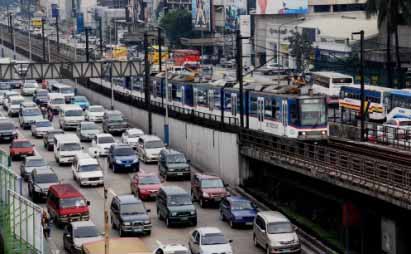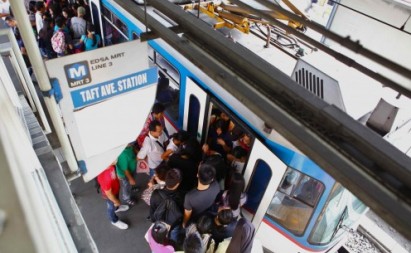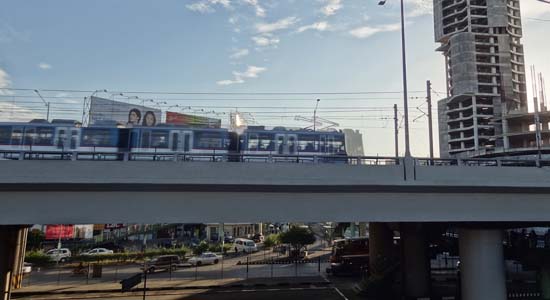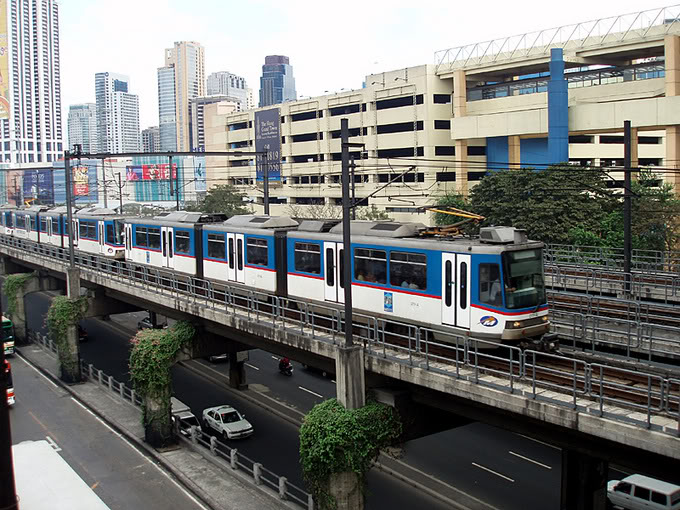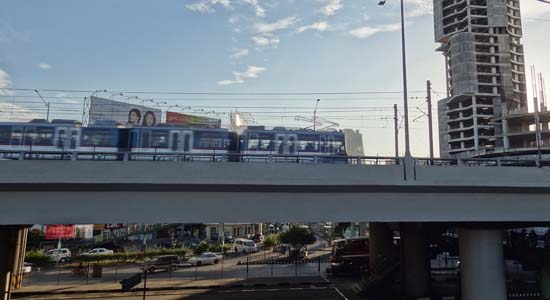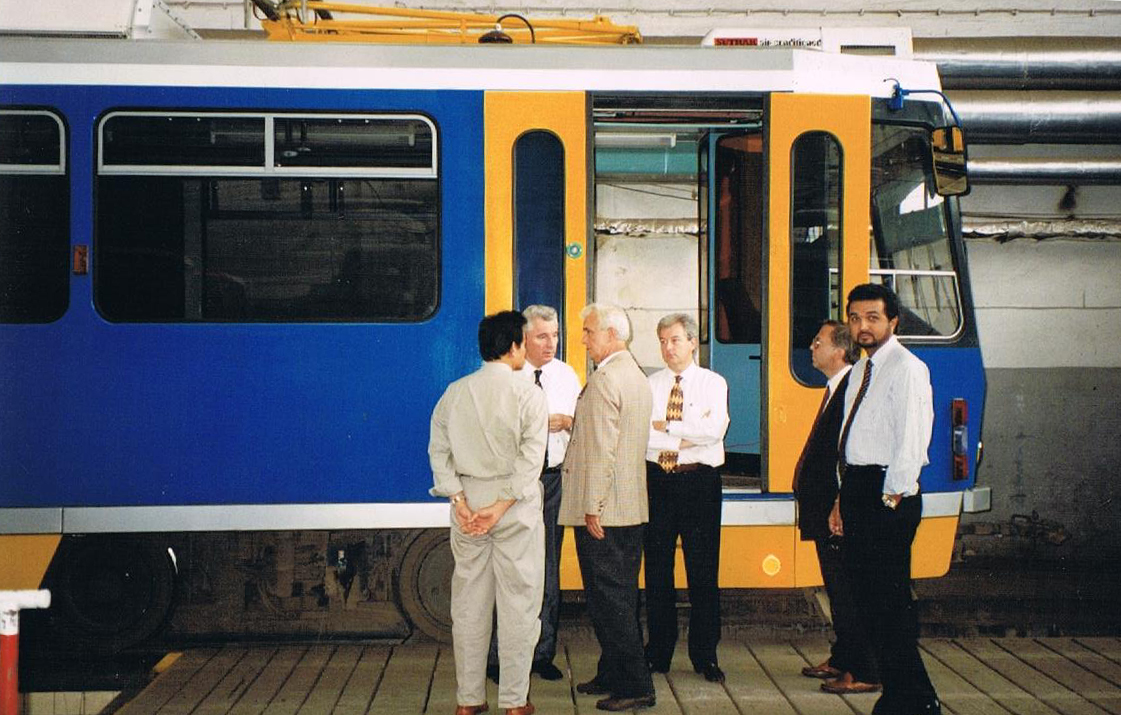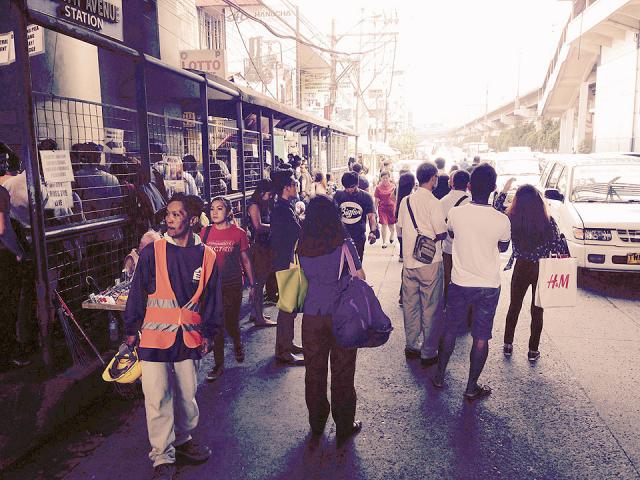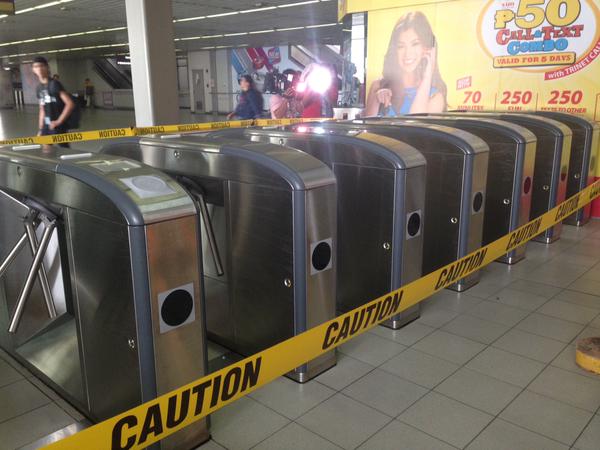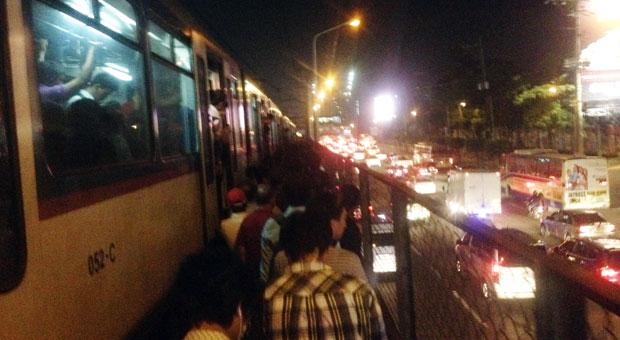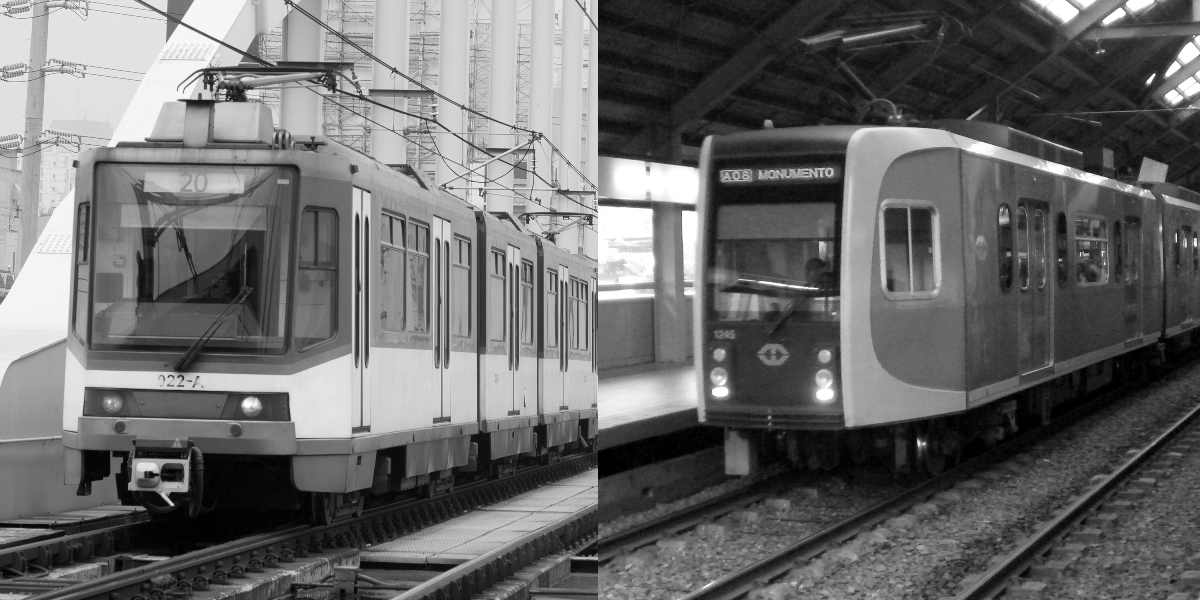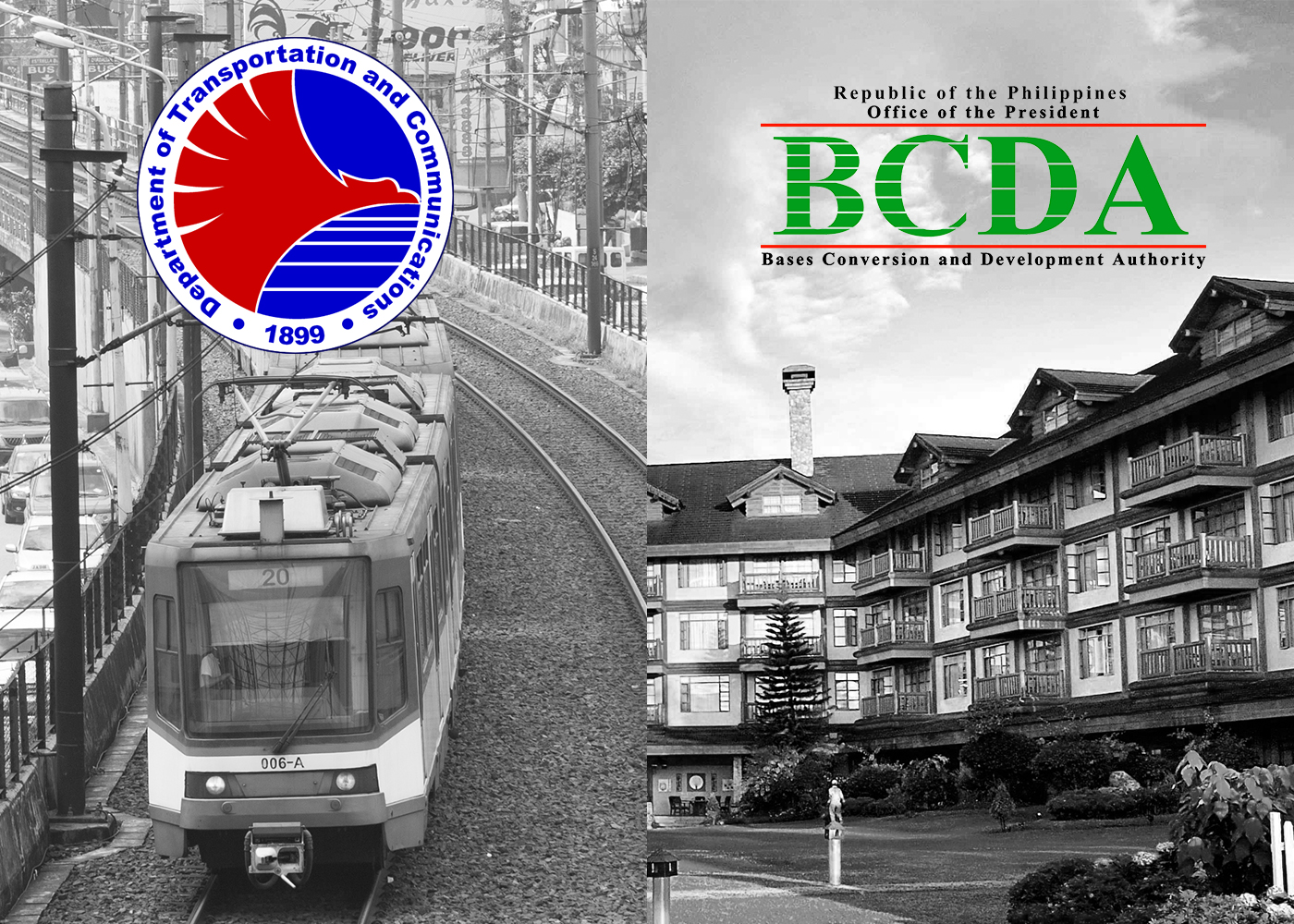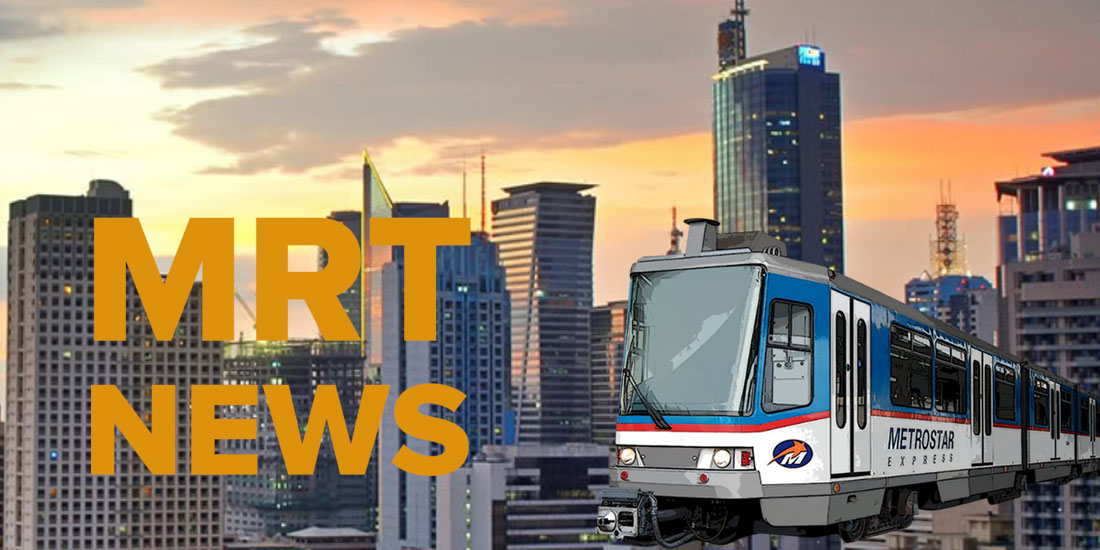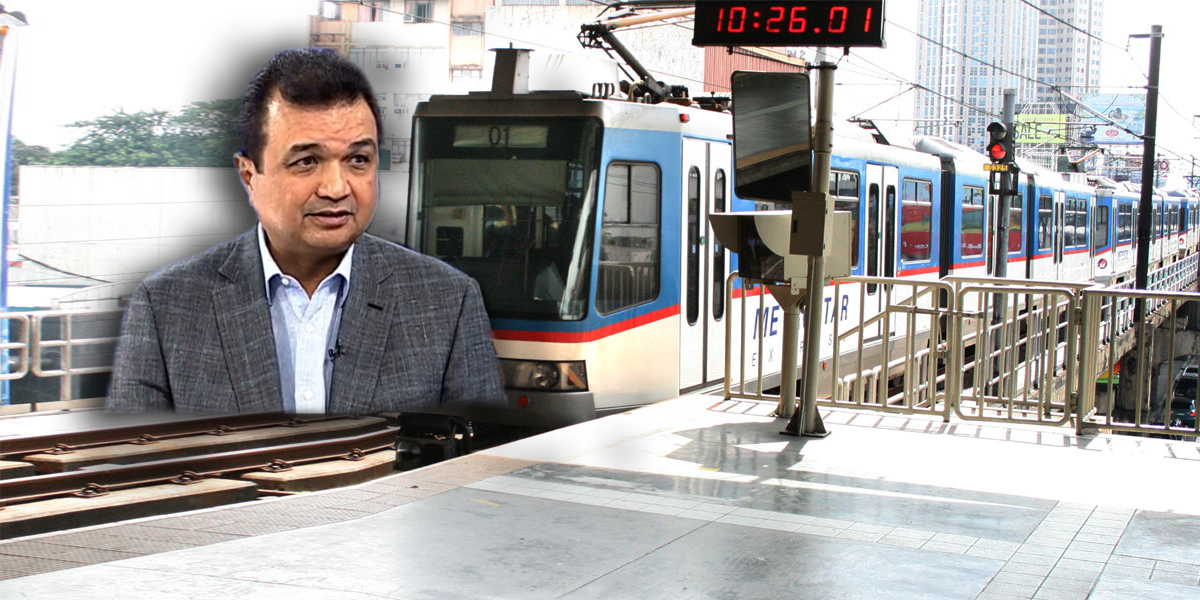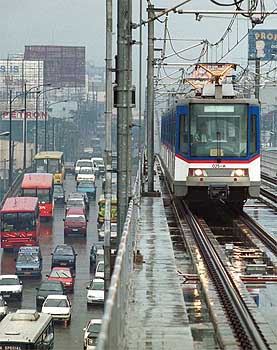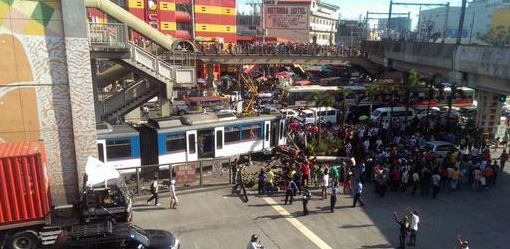By Herbert Docena | Rappler.com | April 14, 2014
In 1789, as hundreds of thousands starved in France because of a bread shortage, Marie Antoinette, King Louis XVI’s consort, supposedly said: "They have no bread? Let them eat cake."
Last week, as hundreds of thousand Filipino commuters went through the daily ordeal of falling in line for up to an hour to ride the MRT because buses are more expensive, slower, and often as jampacked, the President’s spokesperson said something like: "They can’t ride the trains? Let them “discover other options,” like the bus, or something." That the President’s alter ego, a seasoned spin doctor whose job is precisely to gauge the public mood, really seemed to have no idea of just how out of line he was tells us a lot about why our public transport system is so—pardon my French—f*cked up.
Like the French aristocracy, the powdered, chauffeured ruling classes who run and operate our trains and our country seem to be more out of touch than ever.
The MRT as class violence
Indeed, perhaps nothing more visibly illustrates how “insensitive” our ruling elites have become towards the public these days than those incredibly long lines snaking out from MRT stations: a direct consequence of our elites’ reluctance to invest in additional trains that could serve millions—while railroading projects that allow a few thousand of them to fly from their gated little enclaves in Alabang or Nasugbu up to their gated little enclaves in Makati or Quezon City. (WATCH: MRT North Avenue station: Get Lucky by Daft Punk)
One can tell how a country’s rulers treat its people just by looking at the mass transport systems they build for them.
Our elites’ lack of compassion, let alone respect, shows in those ridiculously narrow passages under the Guadalupe, Ortigas, or Kamuning stations that force hundreds of people to walk sideways just inches away from rampaging buses; in all the escalators and elevators that rarely ever work, endangering the pregnant, and shutting out the handicapped and the elderly; in the severely-cramped coaches that expose women to sexual harassment every day.
Their disdain reveals itself in all the ways by which they have made commuting to work a daily struggle for basic dignity.
Perhaps nothing more clearly exemplifies their cold indifference and crass opportunism than the kind of connection they built between the Cubao MRT and LRT stations—or that they have so far still failed to build between the Roosevelt LRT station and the North EDSA MRT station: Instead of connecting these stations so as to minimize walking, they have instead forced tens of thousands of connecting passengers with no other choice but to march like a captive herd through Gateway or SM North and Trinoma.
A daily Calvary for workers, but a wonderful bonanza for the mall-owners.
All this forces us to ask: Is this really just “insensitivity”? Doesn’t forcing people—already exhausted from being jolted out of bed early, working all day, and jostling for space inside the MRT—to walk another unnecessary kilometer cause unnecessary pain? Isn’t being exposed to the scorching sun for over an hour in Manila’s heat and humidity a form of cruel and unusual punishment? Doesn’t all the stress and anguish from having to go through this life-draining ordeal daily constitute a form of avoidable suffering?
In short: doesn’t all this constitute mass violence—violence so routinized we don’t even think of it as violence?
Subsidizing our chaufferred classes
Some might say these are all just “engineering” or “management” issues that couldn’t be blamed on our ruling classes as a whole. But if our ruling elites can’t even be bothered with such issues—if they can’t find the time to review the blueprints and check whether our lolas won’t be trampled on in platform, whether our kids won’t be run over by buses—then what does that say about what they think of us?
Having largely monopolized power over our resources and how to spend them, our chauffeured classes can’t escape collective responsibility because decisions involving public transport—from how much to spend for trains vis-à-vis skyways to where to put stations or how wide walkways should be—require not only the approval of government officials and their private contractors, but also the tacit backing all other elites who could potentially object to them.
And to date, there seems no indication whatsoever that our otherwise fractious elites—normally split on so many other issues—are bitterly divided over the over-funding of projects that disproportionately favor them. Nor do they—or the parties, NGOs, and intellectuals they patronize—seem particularly troubled by the massive under-funding of public transport.
And why should they? Public transport is actually an indispensable but overlooked part of the production process (since without getting workers to their factories/offices there would be no goods/services and therefore no profits), and the more that its financial, psychological and other costs are borne by our commuting classes, the more that our elites are effectively being subsidized by them.
Remember that every peso that capitalists don’t spend on getting their workers to their factories because they could rely on the MRT is an additional peso they could take home as profits.
Besides, since they don’t pay workers for every additional hour they spend going to work anyway—even if, from the point of view of the worker, each additional hour spent on commuting is in fact an unpaid part of their total working day—capitalists couldn’t care less about whether workers spend one, two, or five hours traveling to/from the factory for so long as said workers show up and render the total number of hours of work they are paid for in wages.
Consider that every hour that workers can’t spend for themselves or their children because they are stuck in line for the MRT is an additional hour that is effectively spent “working” since getting to work is arguably just as much a part of working as being at work.
Few of our chauffeurred classes understand all this, however, because—cosseted in their heavily-armed mini-Republics of Forbes, Wack-Wack, Serendra, etc.—many if not most of them mostly see the MRT not as an integral part of their world but as a foreign country: an exotic place where they can pose for “selfies” like tourists, with members of an exotic tribe smiling in the background.
Building collective power out of diffuse anger
But if our elites seem not to care, it is not because they are genetically incapable of empathy. It is only because they are forced—by market or electoral competition in a patronage-driven capitalist society—to care about other things: the maximization of their profits, rents, or tongpats.
And they have managed to get away with caring more for these other things only because—so far at least—no countervailing group has forced them to change their priorities.
After all, the livability of cities has rarely ever been granted as a gift by a country’s “enlightened” elites. If the metro system and urban infrastructure of Paris, London, San Francisco, and other cities are more humane today, for example, it is only because their commuting classes organized and fought for them against the bitter opposition of their own chaufferred classes.
Angry at their terrible living conditions and the unresponsiveness of their elites, they engaged in concerted civil disobedience, campaigns, strikes, protests, and other forms of direct action as part of broader collective struggles to improve their well-being. Though initially diffuse, their scattered anger and inchoate aspirations were fused typically by labor groups and socialist parties into a broader social movement that ultimately won them not only more humane subways, but even the right to vote and the right to take two days off at the end of the working week.
And they won, at least in part, because their own chaufferred classes were spooked by the memory of what the hungry French did to their callous aristocracy in 1789.
The lessons of Marie Antoinette
One can tell how scared a country’s rulers are of its people just by looking at the quality of the trains they build for them. For it is here, in such mundane things as the architecture of our public infrastructure, that the balance of forces among different social groups of a society are recorded and cemented.
Today, the sorry state of our public transport system reflects the fact that, given the present balance of forces, our chauffeurred classes can still act with such callousness and get away with it.
Such a system won’t be fixed unless our chaufferred classes are compelled to care, and they will not be compelled to care unless all this pent-up rage now welling up inside every grim-faced commuter forced to suffer quietly and in isolation in the MRT every day is gathered together and formed into a new social force: a broad social movement capable of advancing a concrete alternative project for a different kind of public transport system, a different kind of city, a different kind of development.
For now, much of the anger that could fuel such a movement remains diffuse and easily dissipated precisely because it is dispersed.
But, as indicated by how people responded to the government’s Marie-Antoinette-like provocation, even that may already be changing. Heeding the government’s injunctions, many netizens promptly “discovered other options” for moving around the city apart from through the MRT. Their “discoveries”? Batmobiles, Star Trek transporters, magic carpets—or flying “on the wings of love…”
Perhaps that’s also how the French started out in the 1780s: by laughing at their collective misery and mocking their exploitative aristocrats. But, as we know from what happened to Marie Antoinette and the aristocracy, the French didn’t stop at joking around. - Rappler.com
Herbert Docena is a PhD candidate in Sociology who sometimes carjacks his father’s sedan but would really rather take the train.
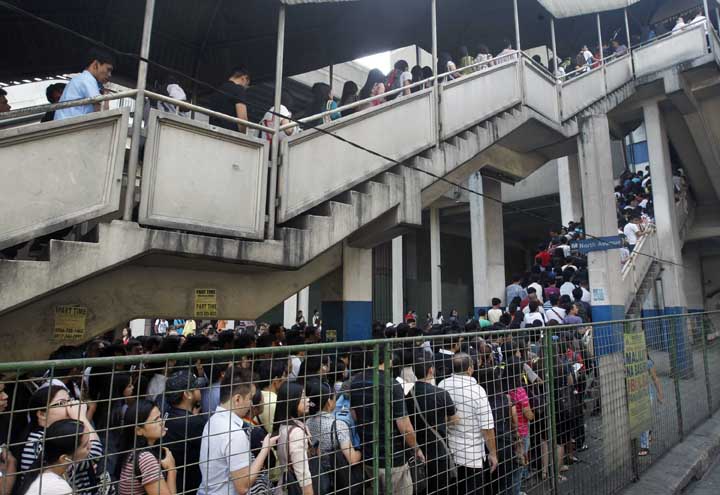
 Twitter
Twitter Facebook
Facebook